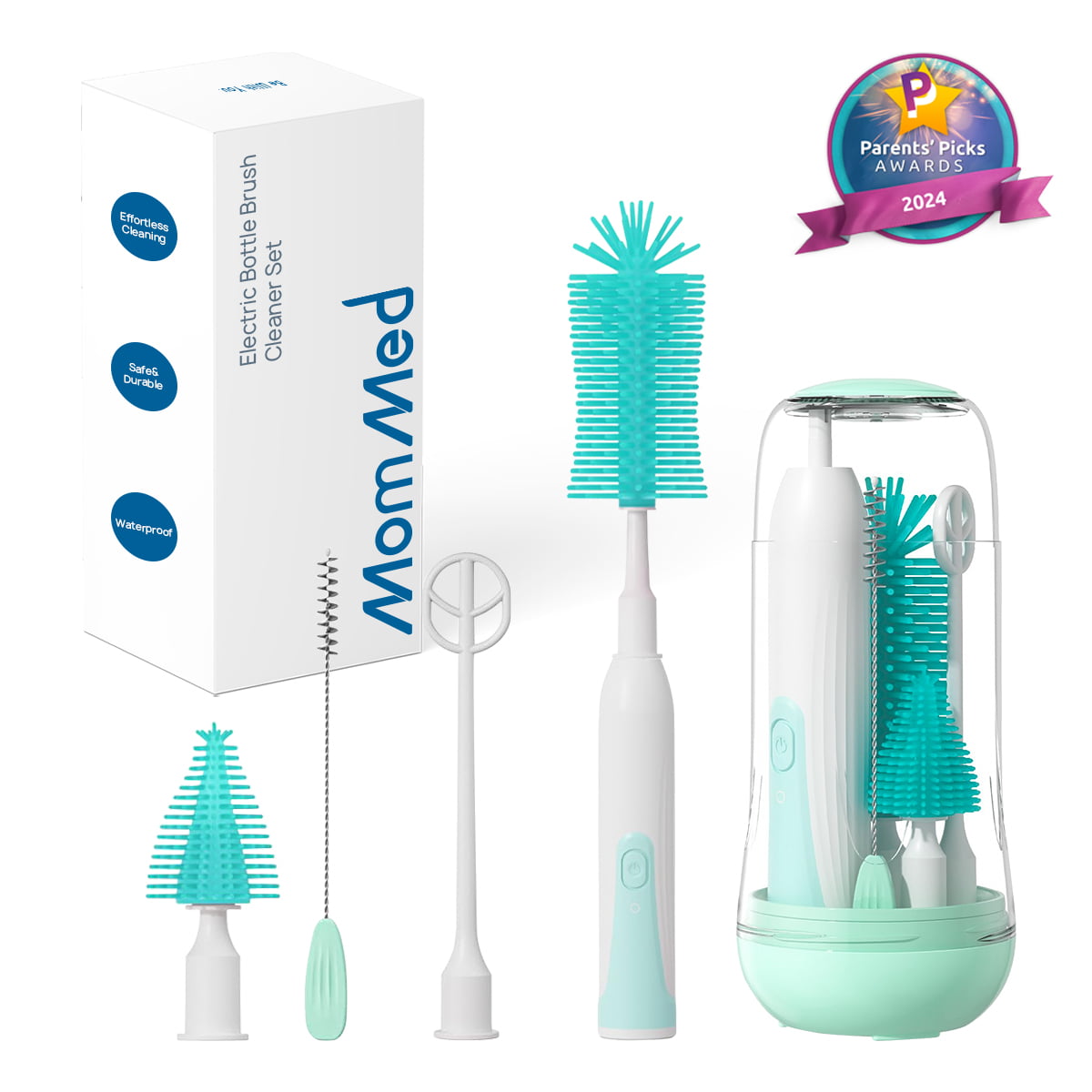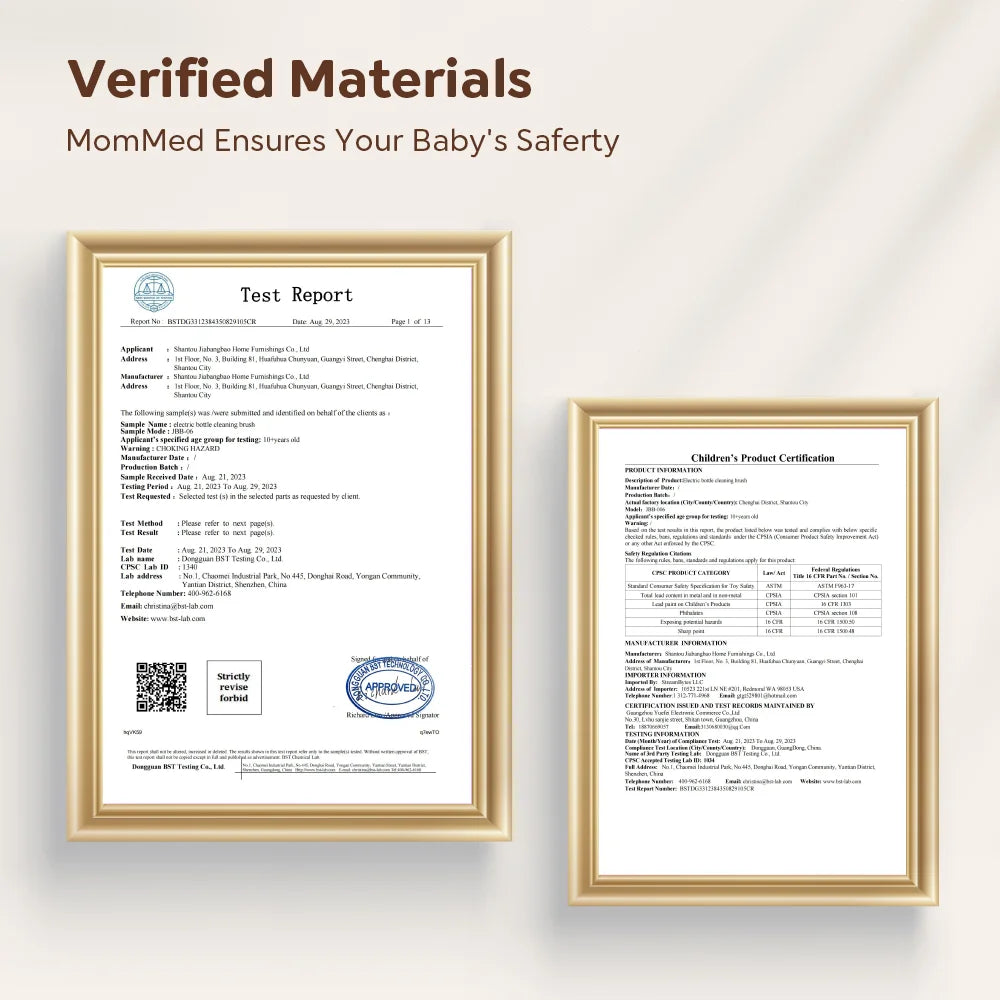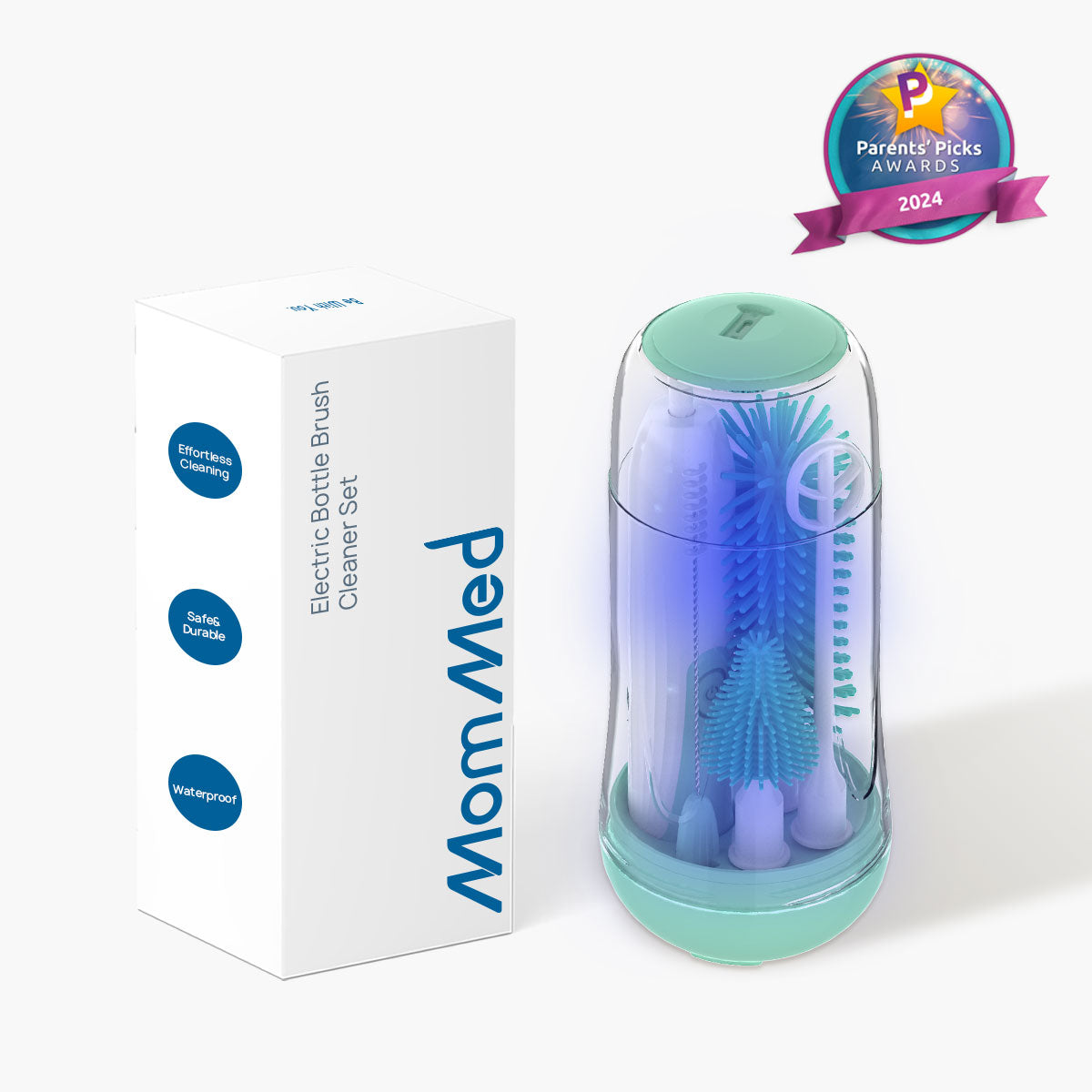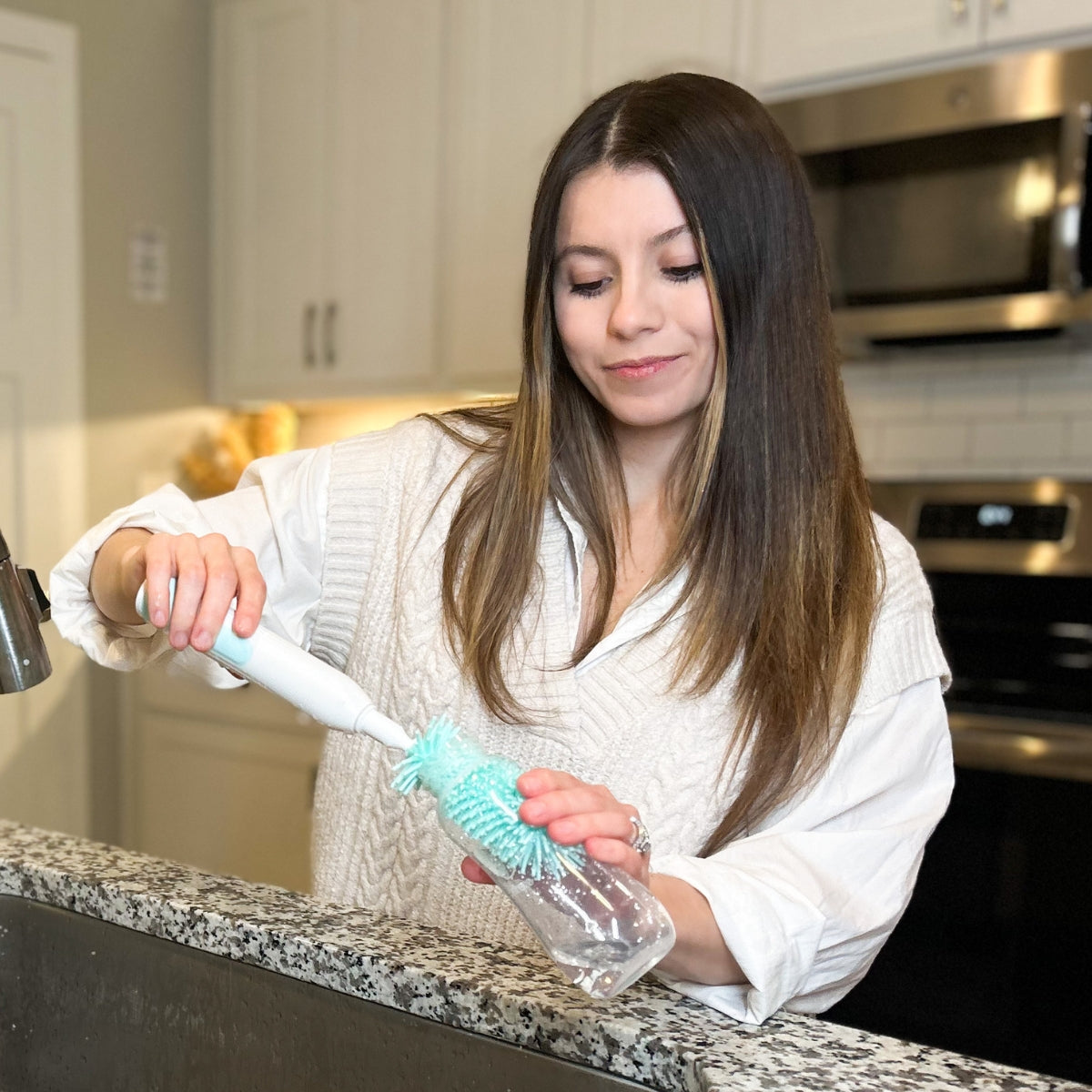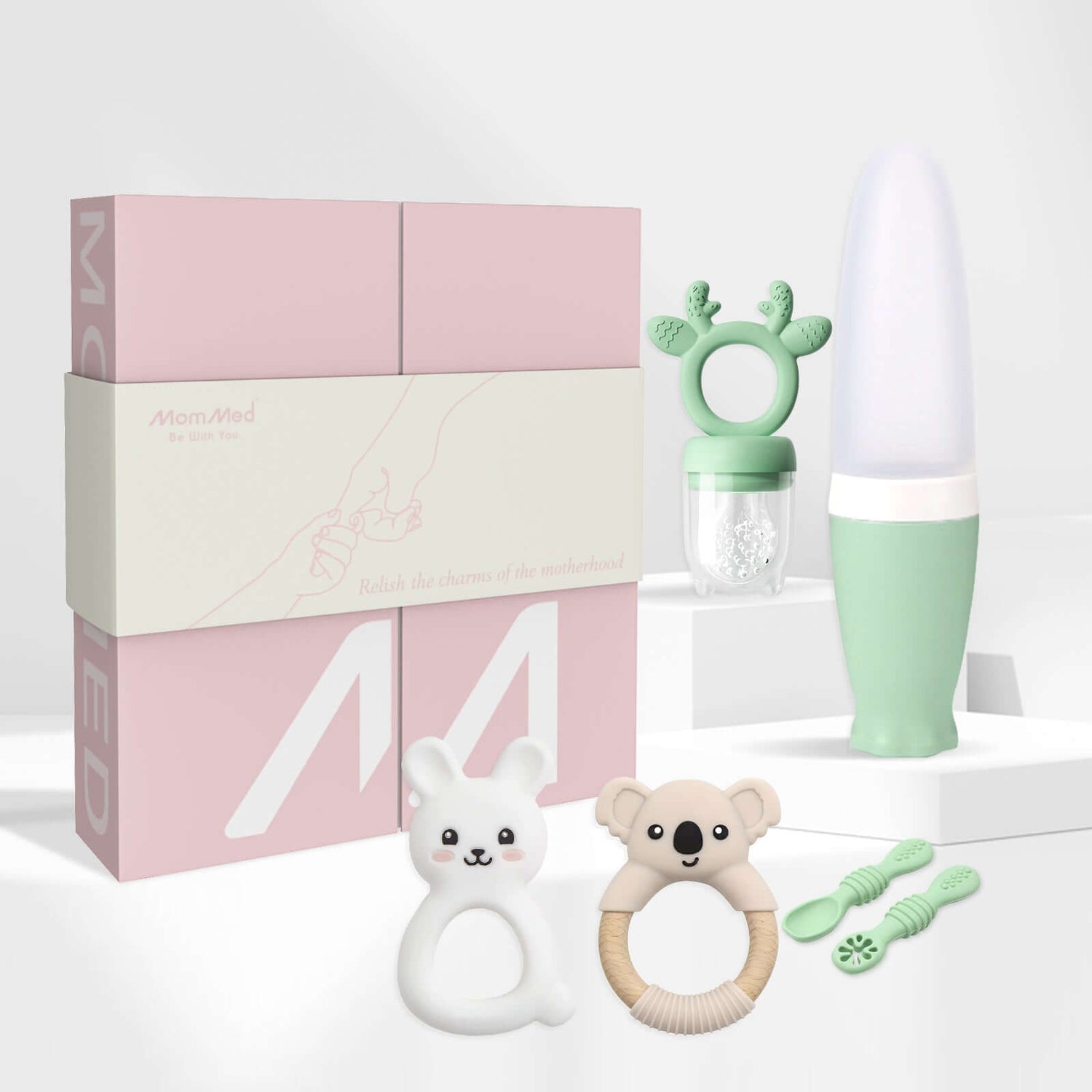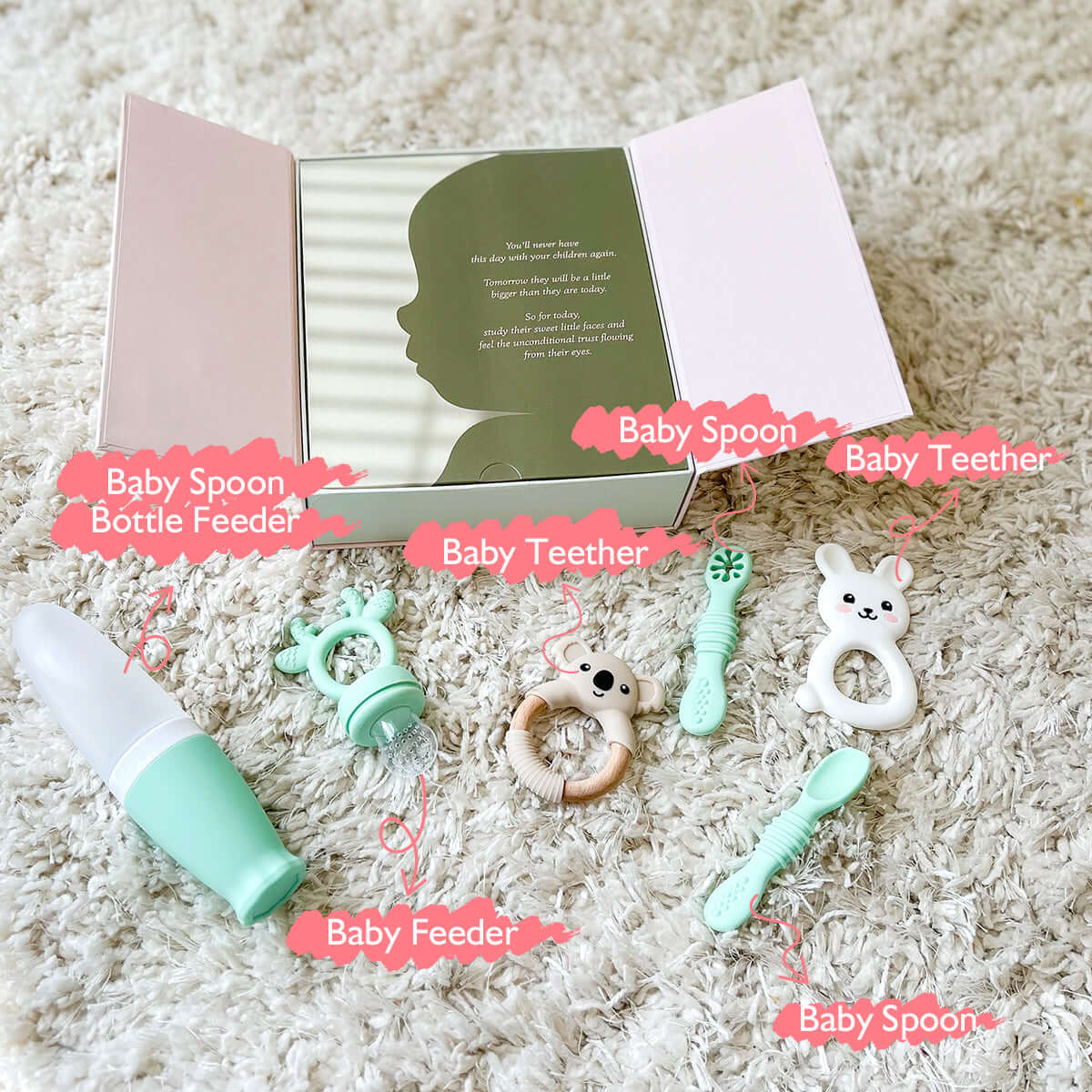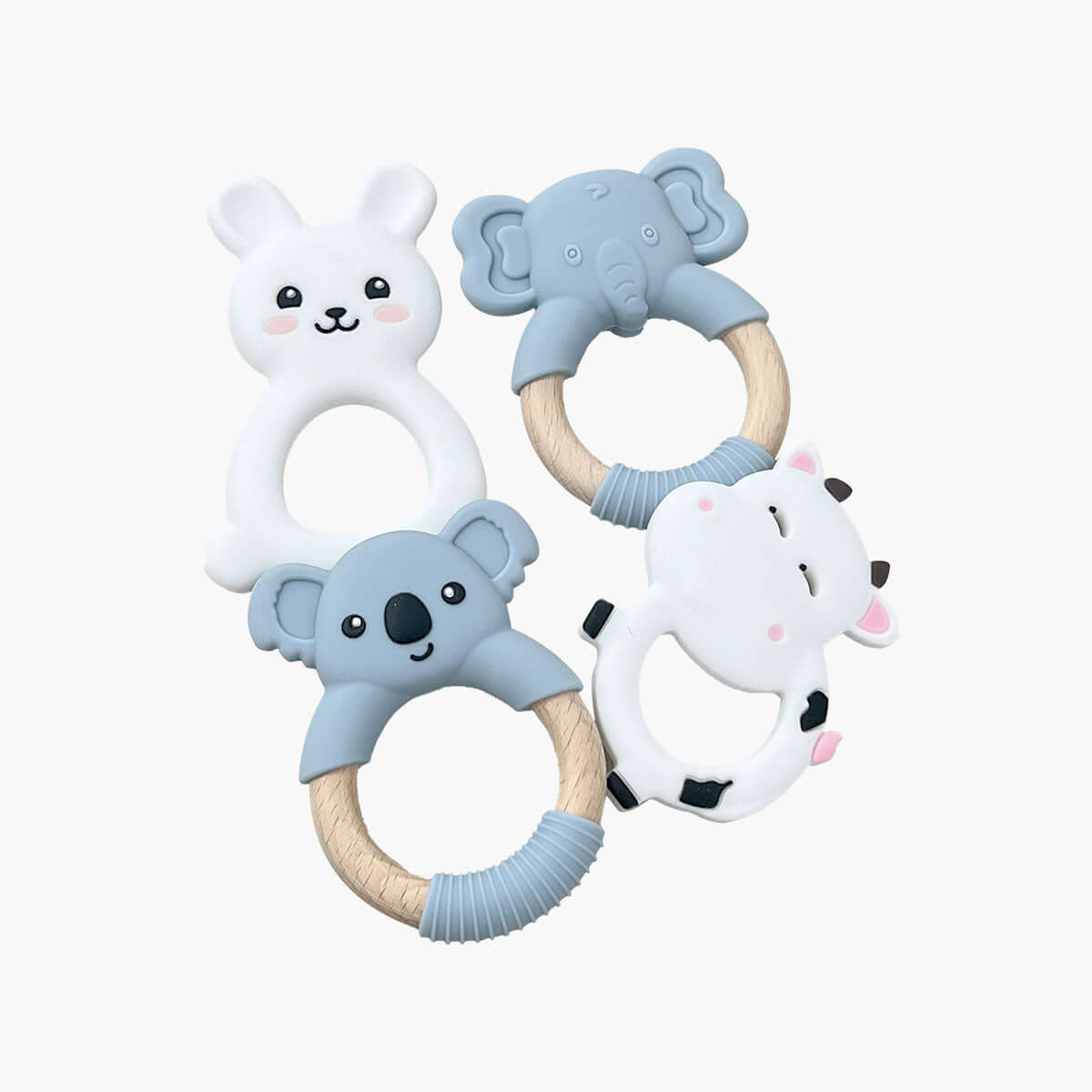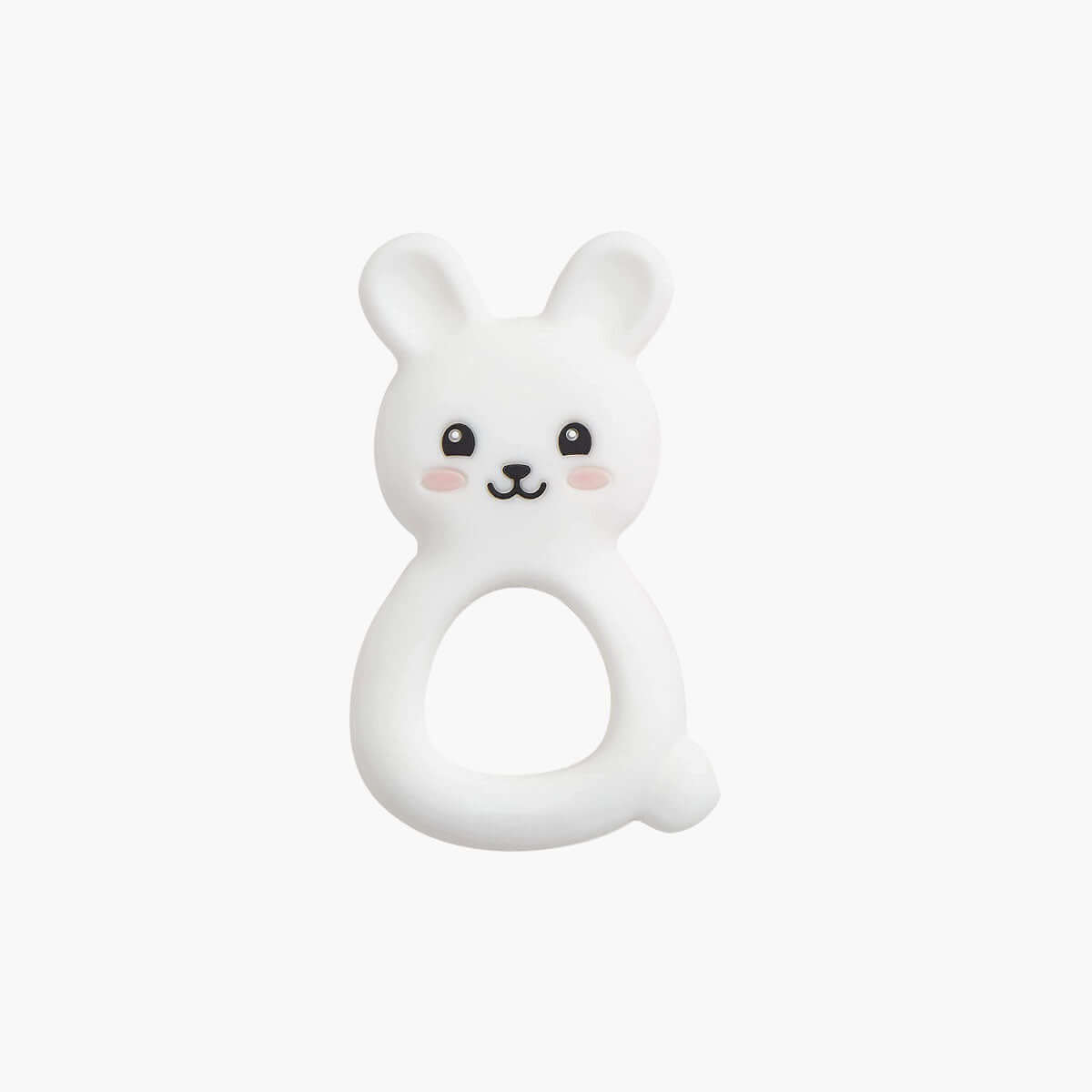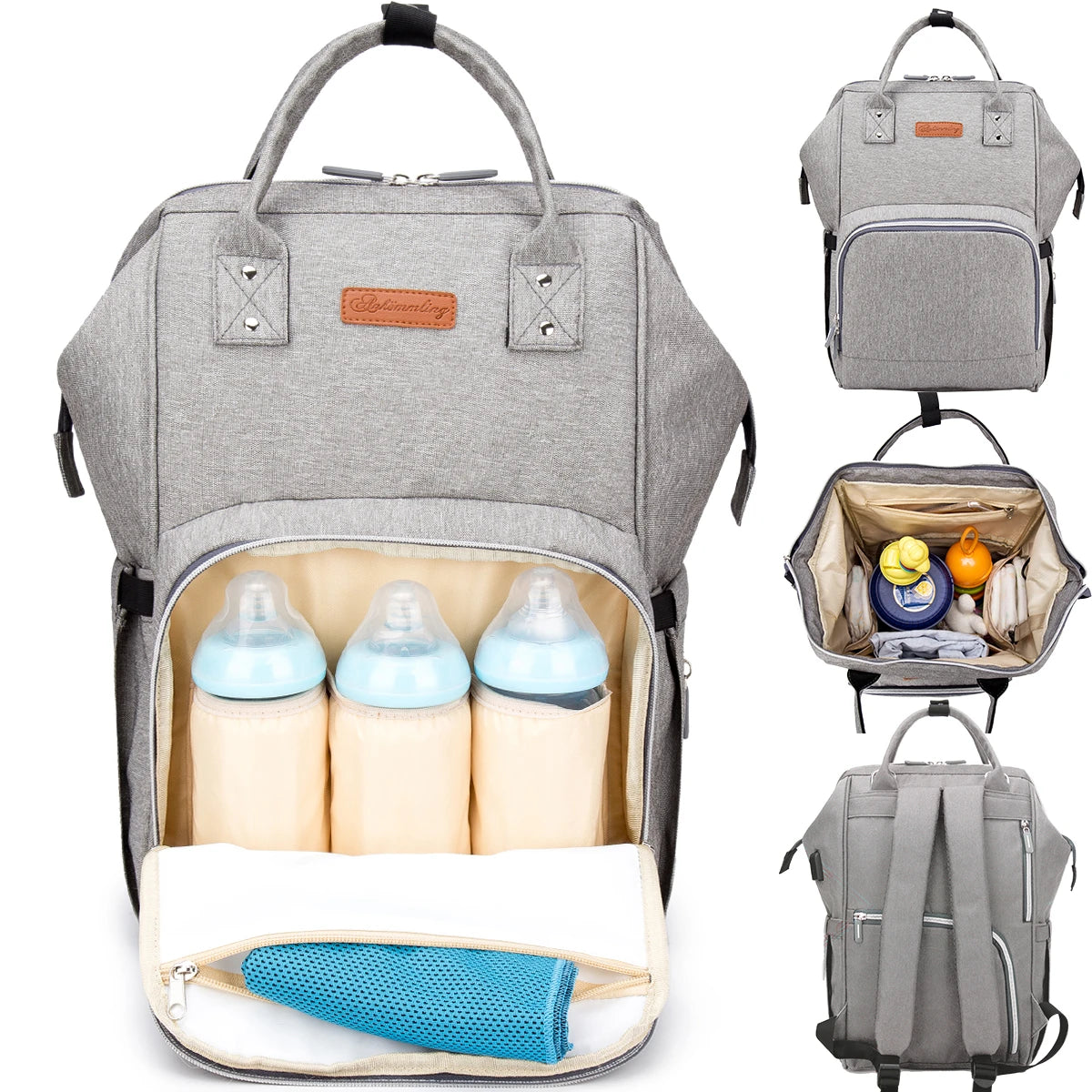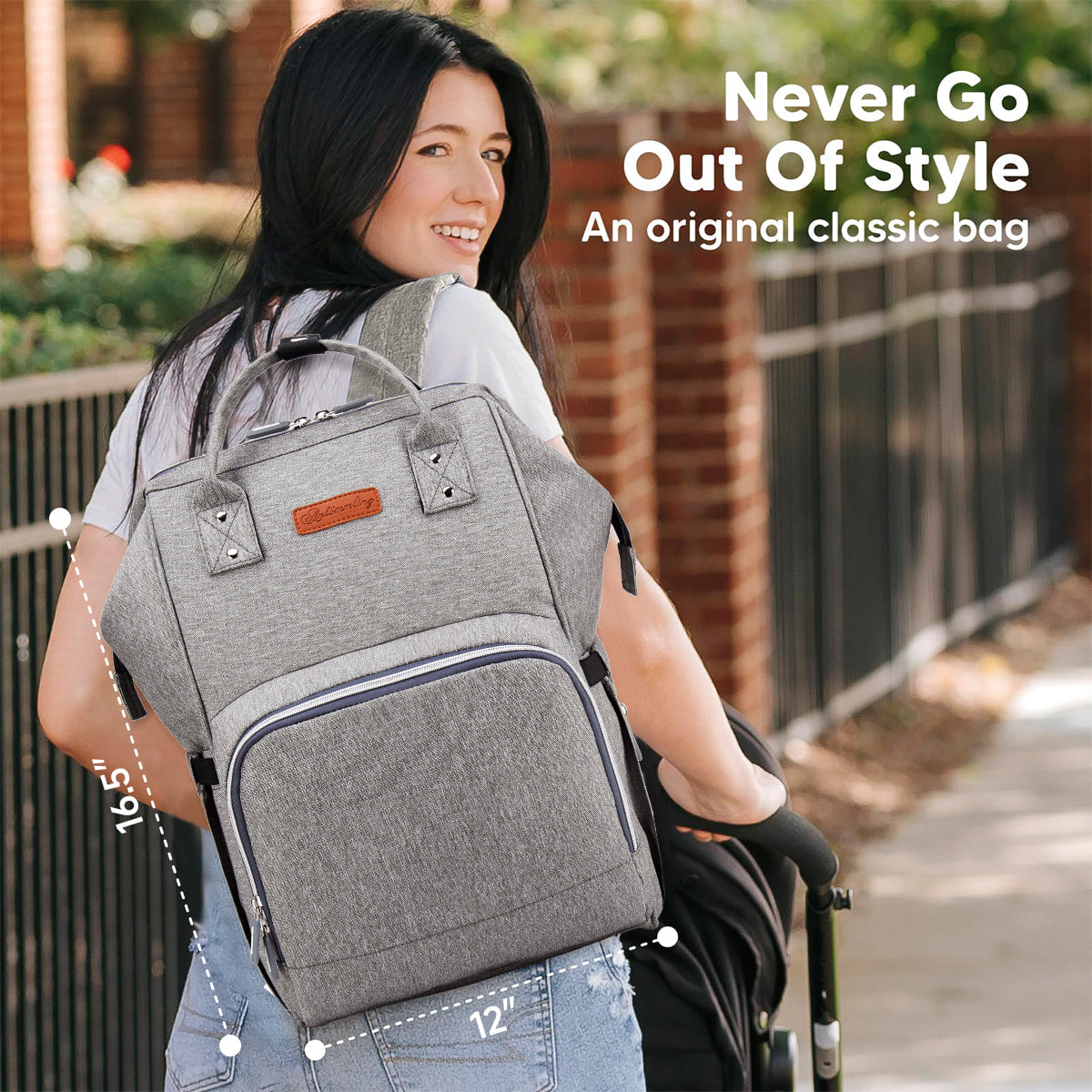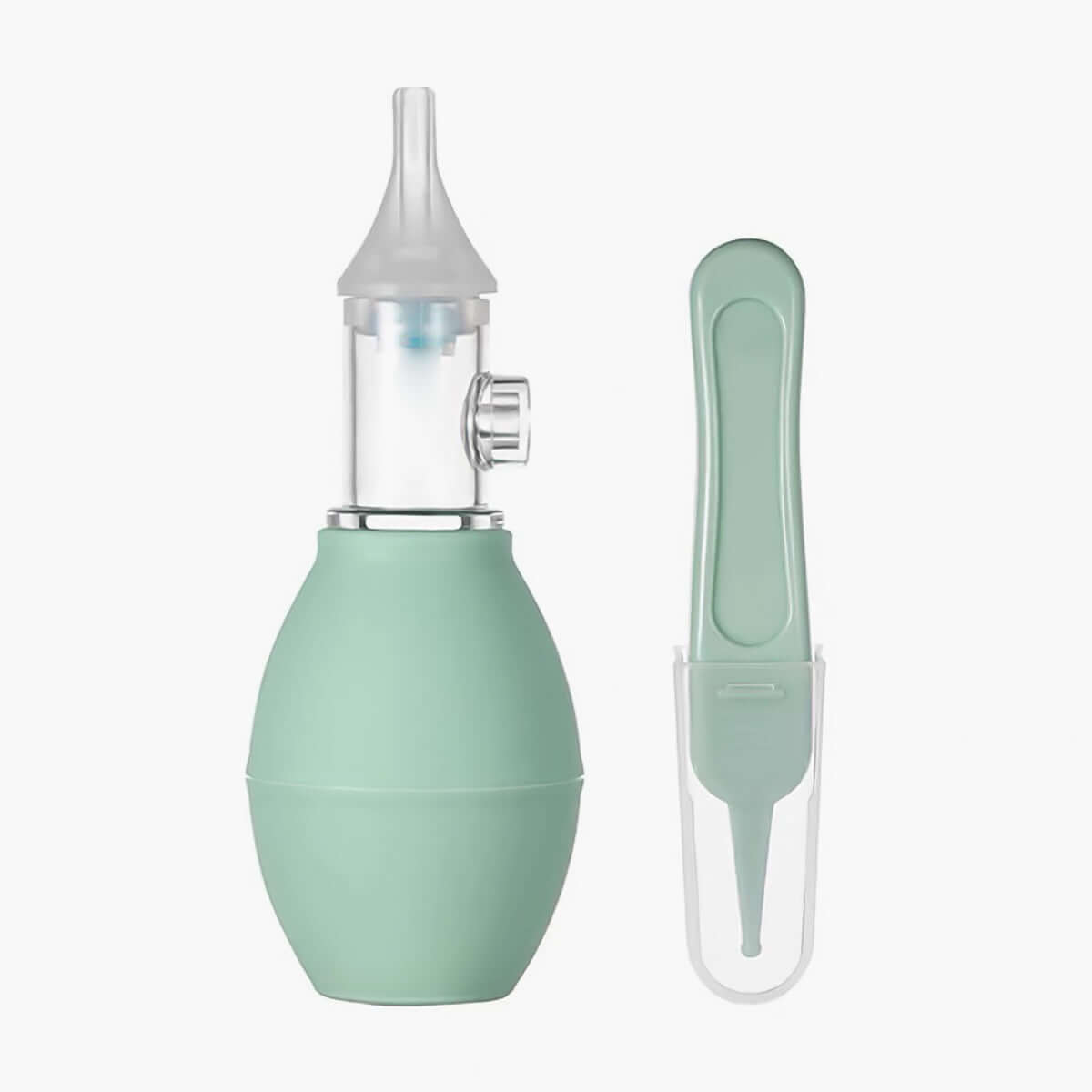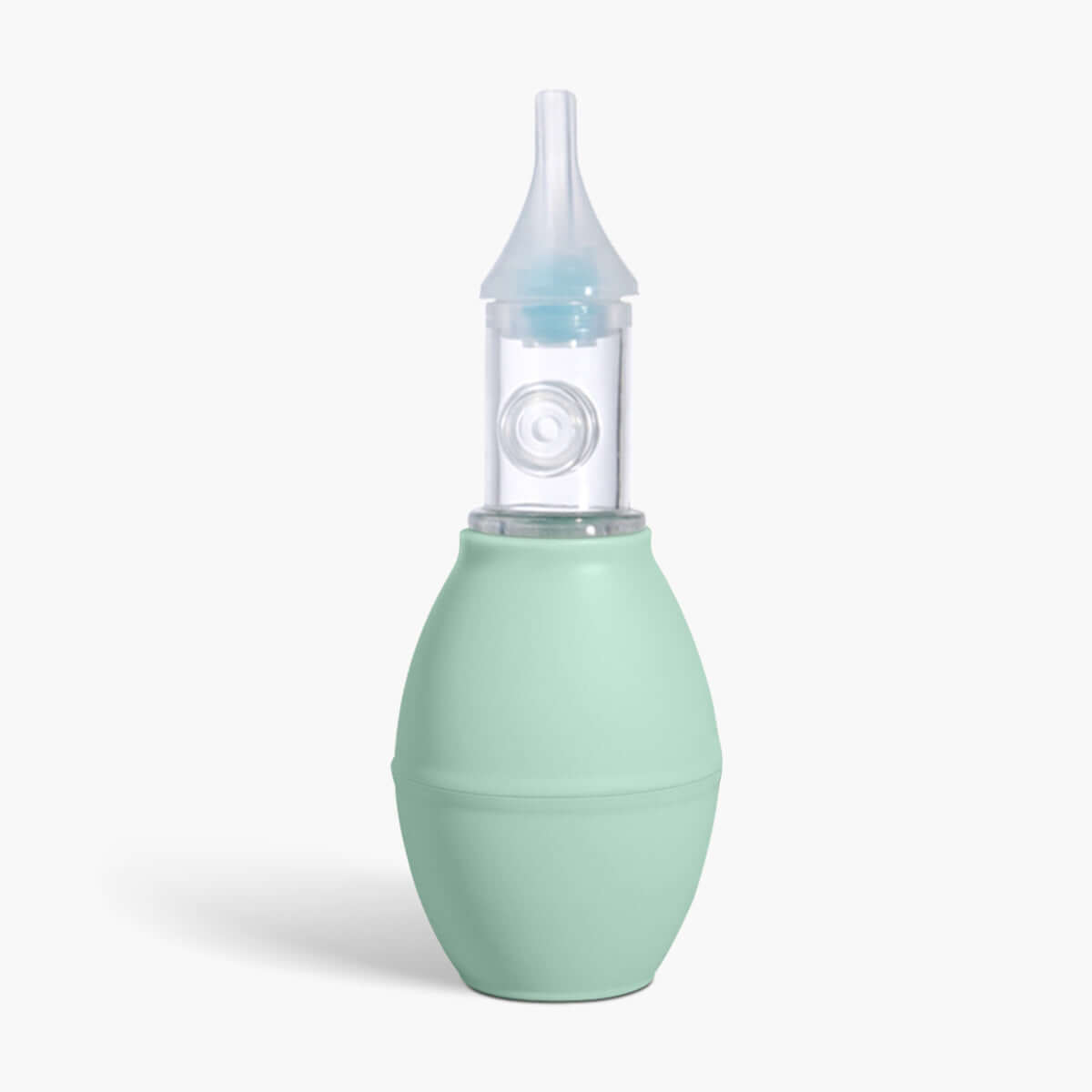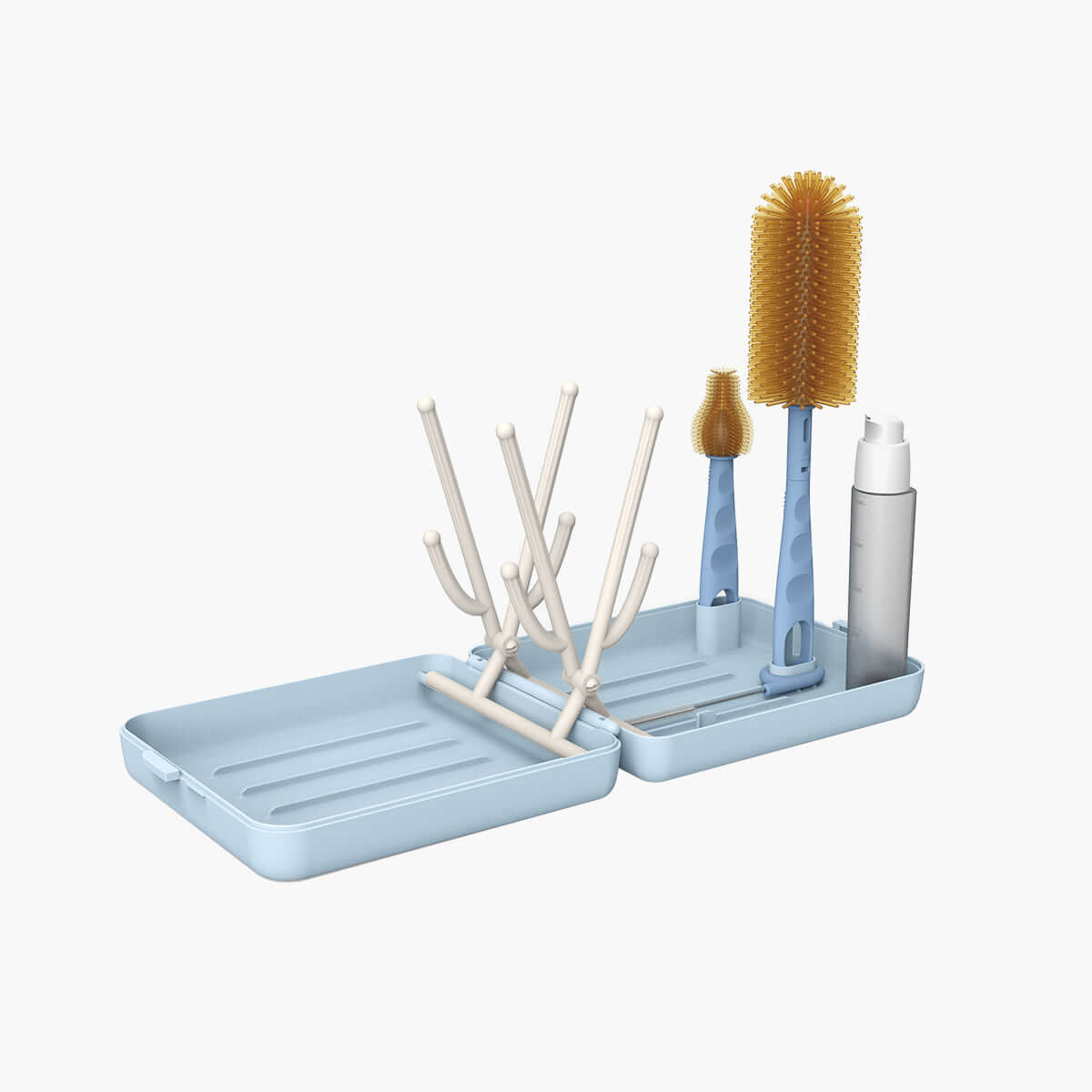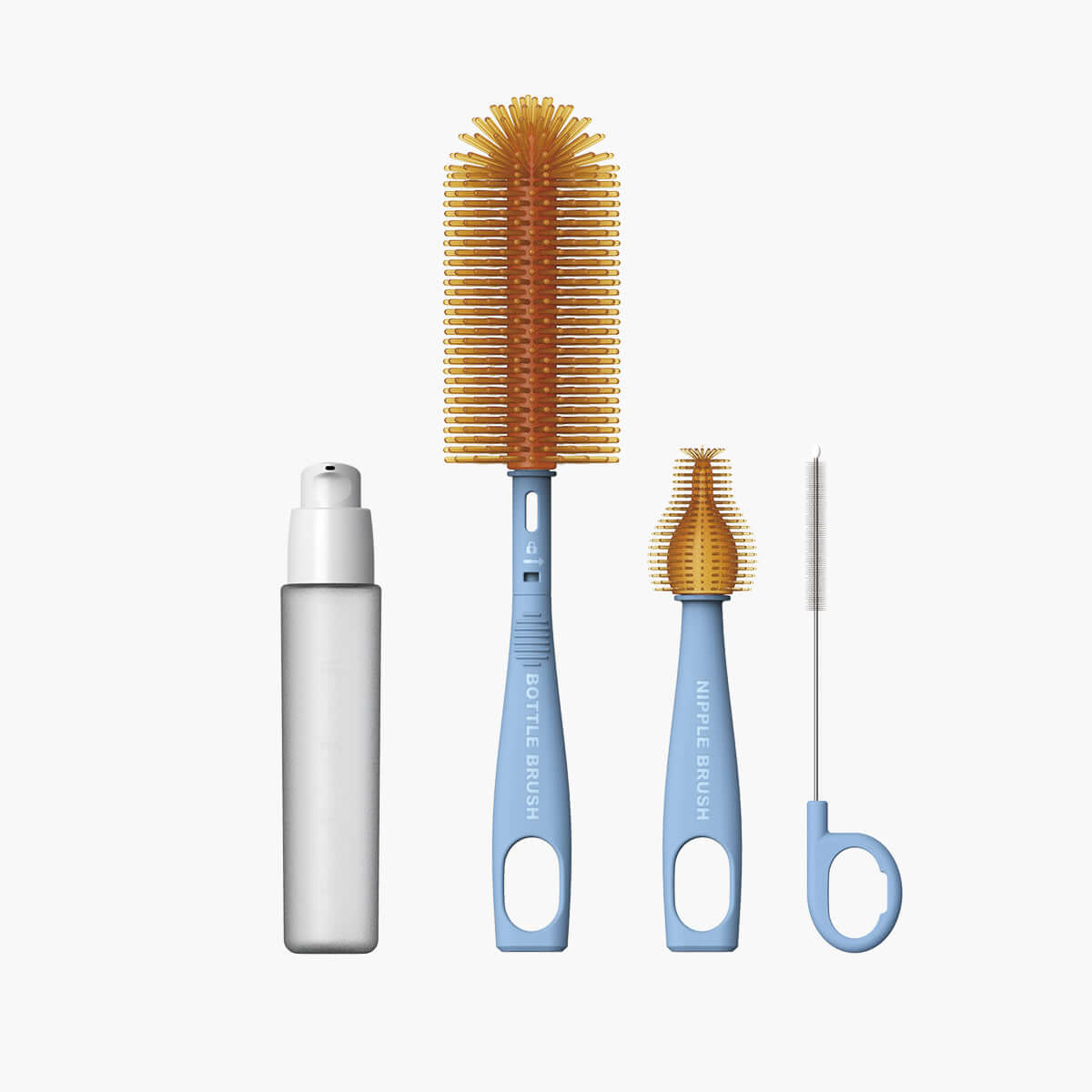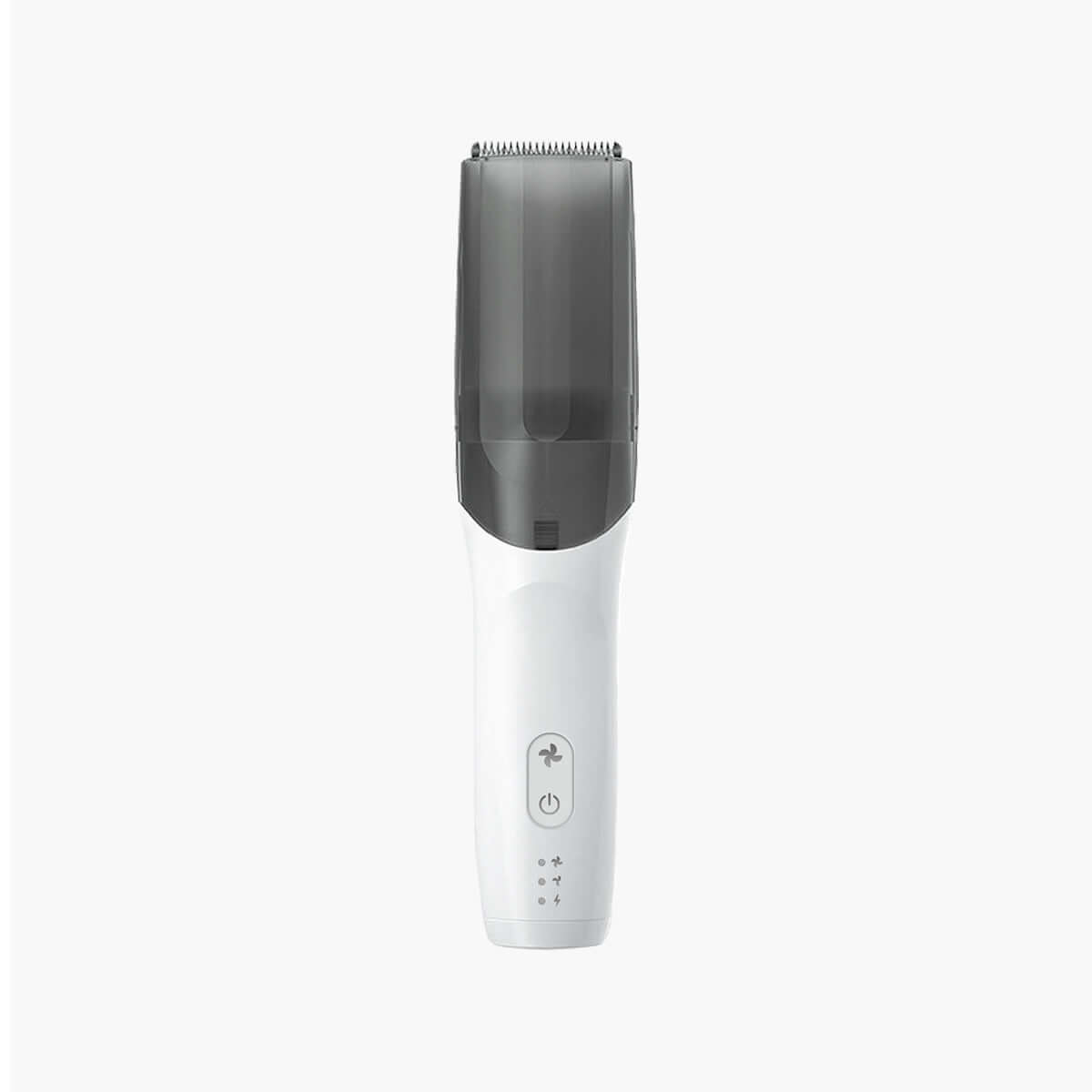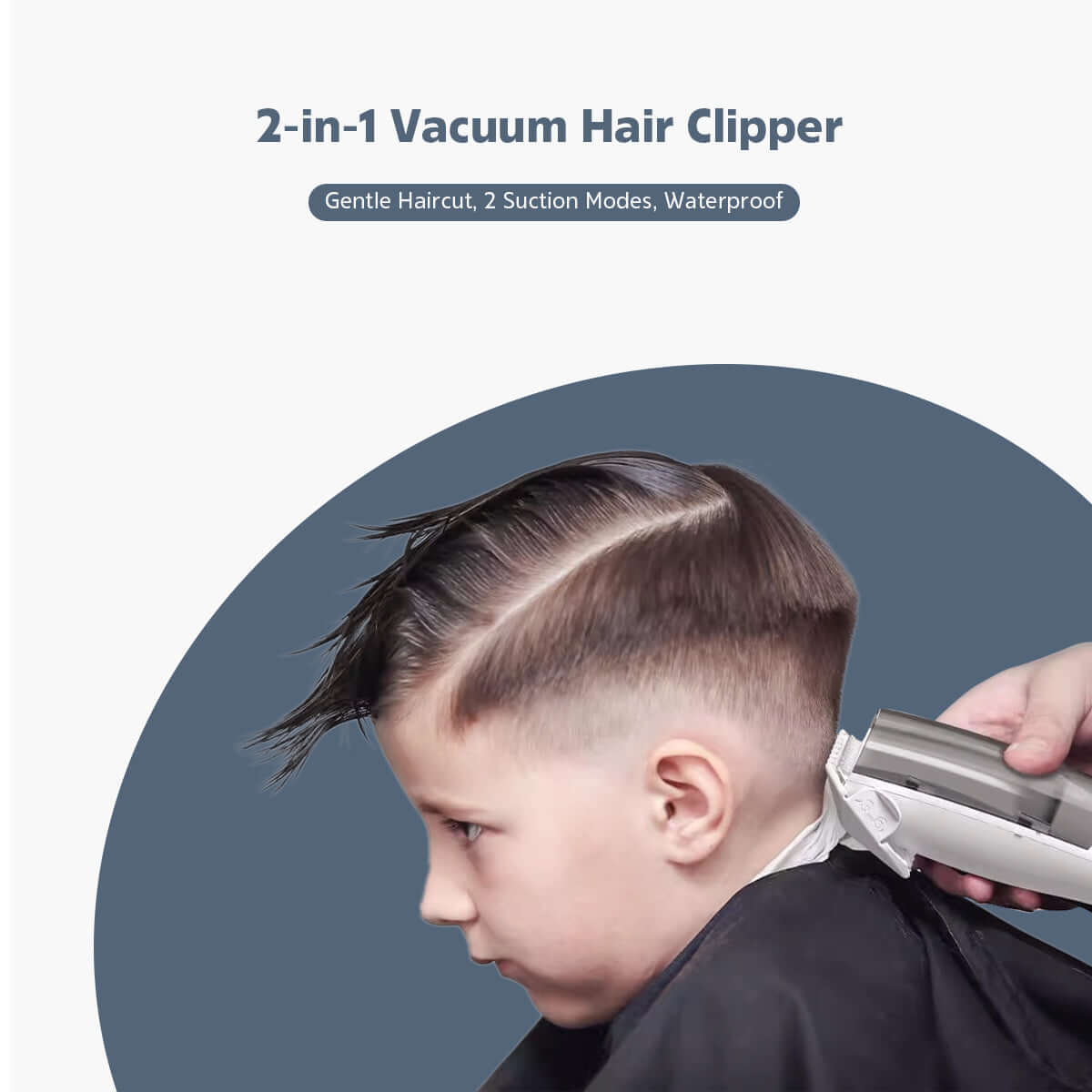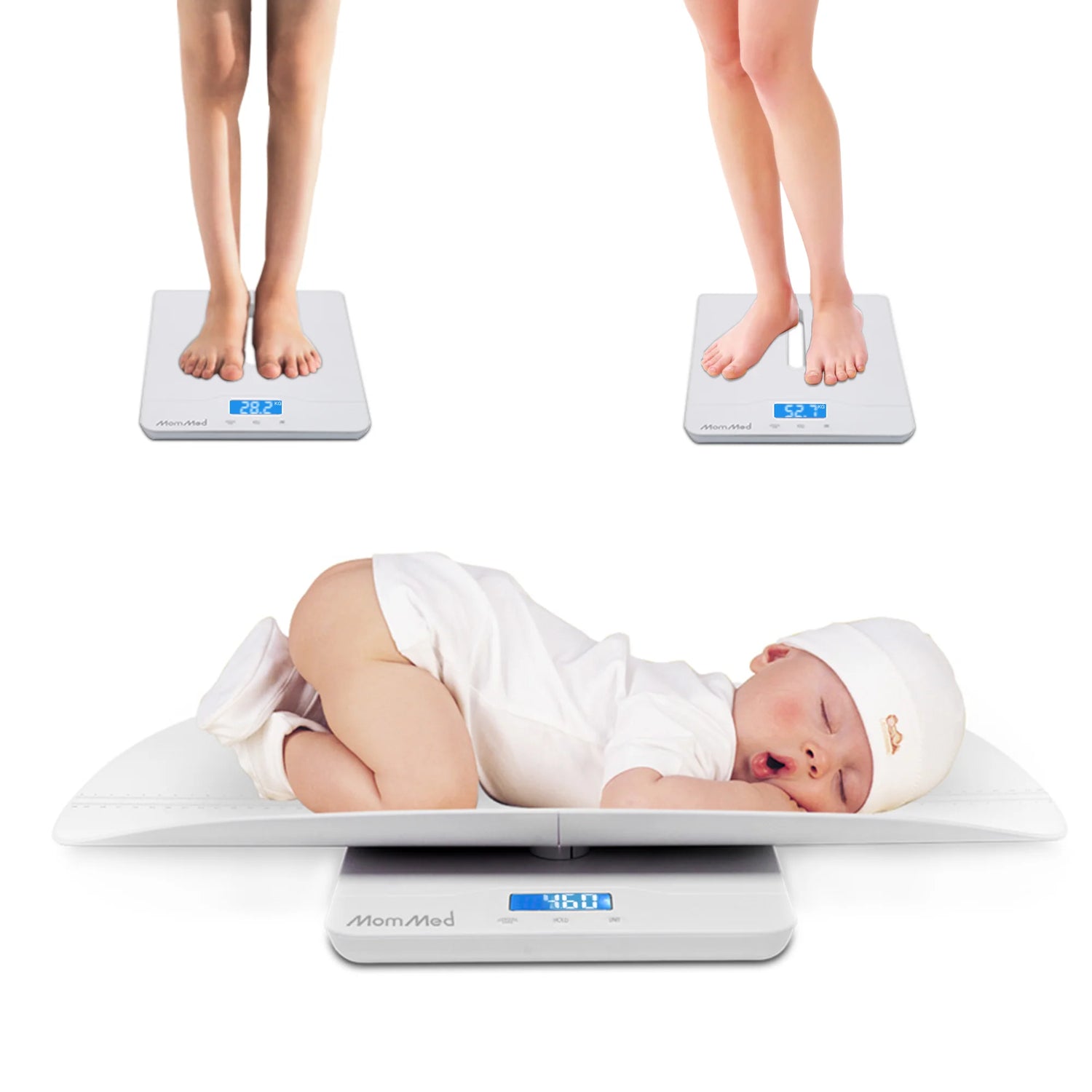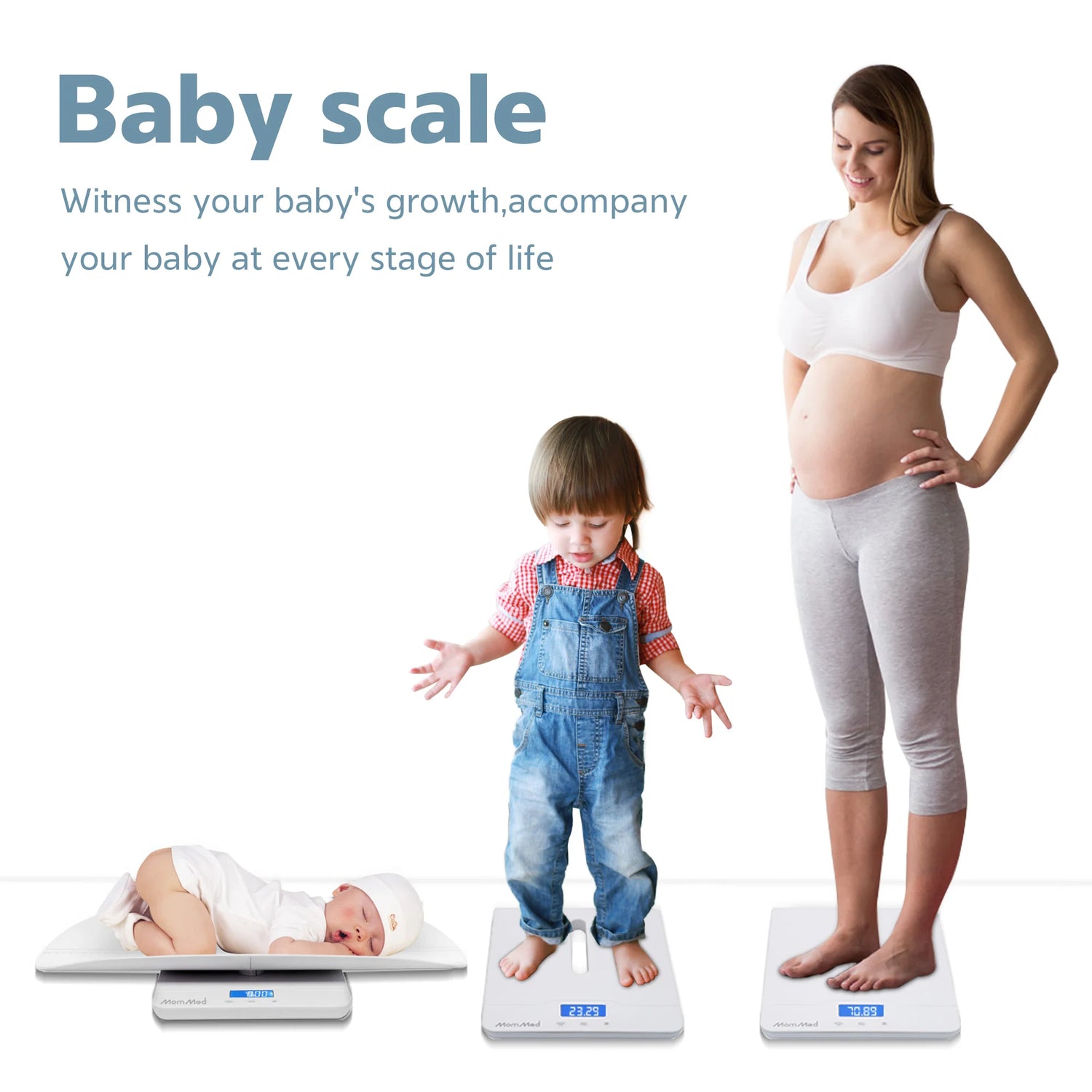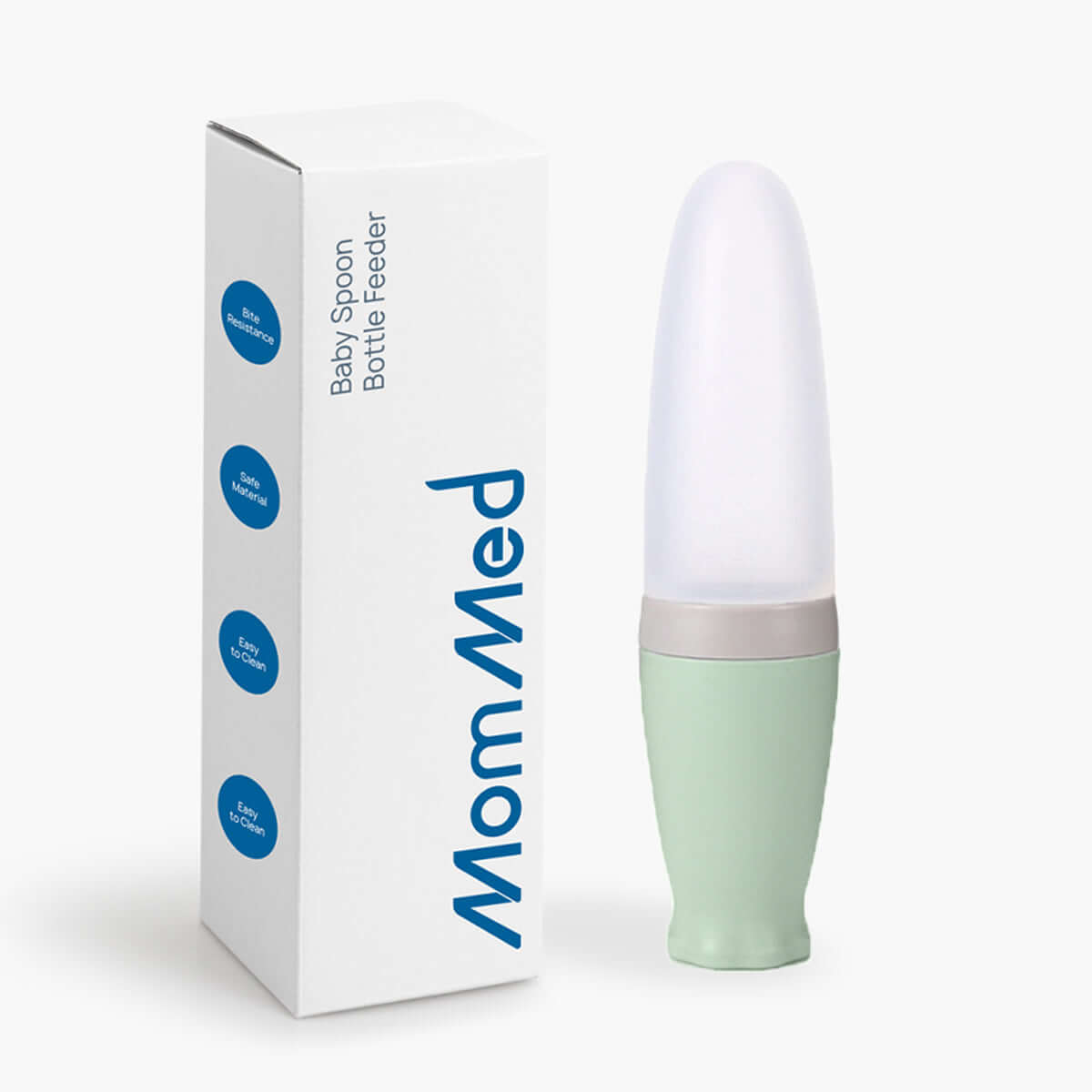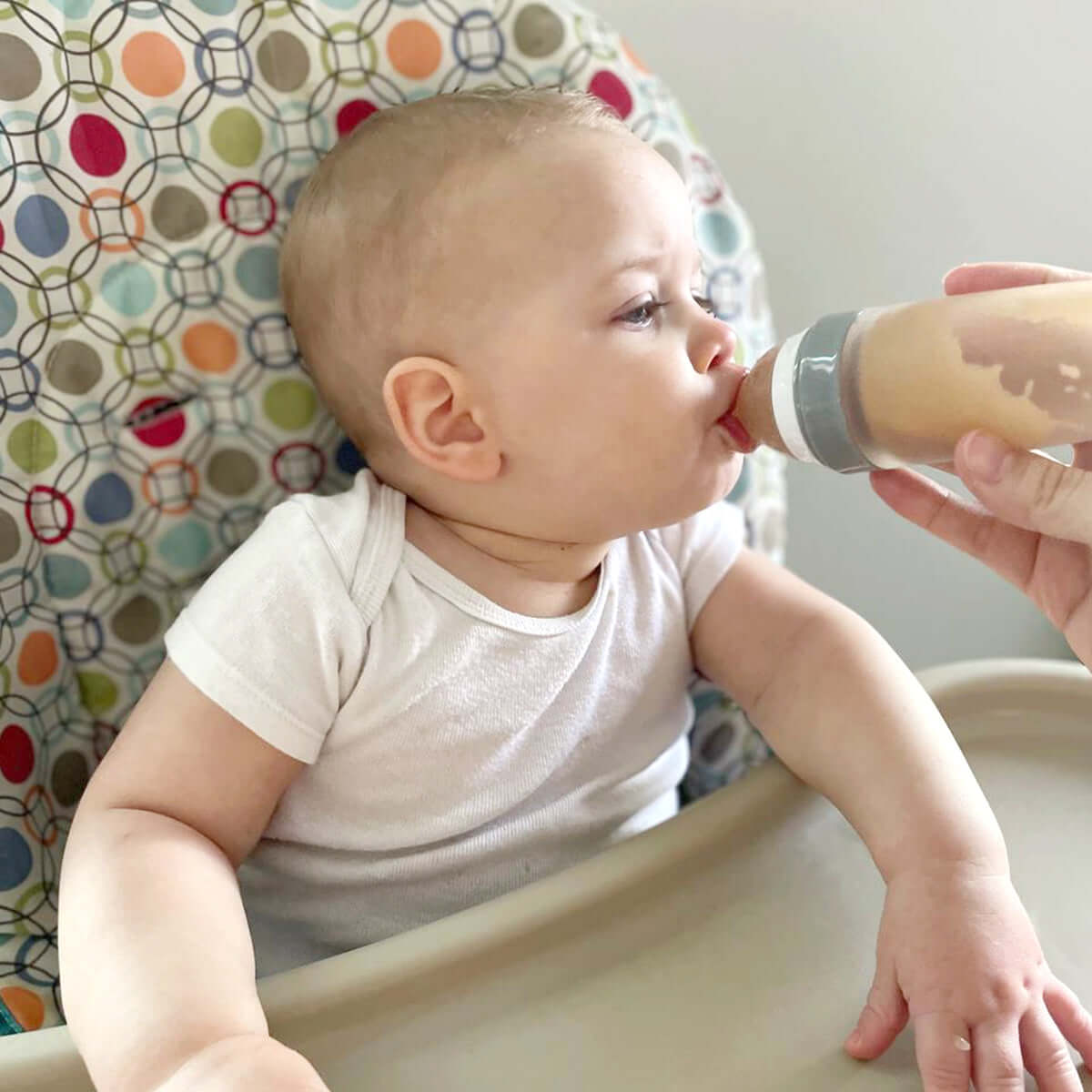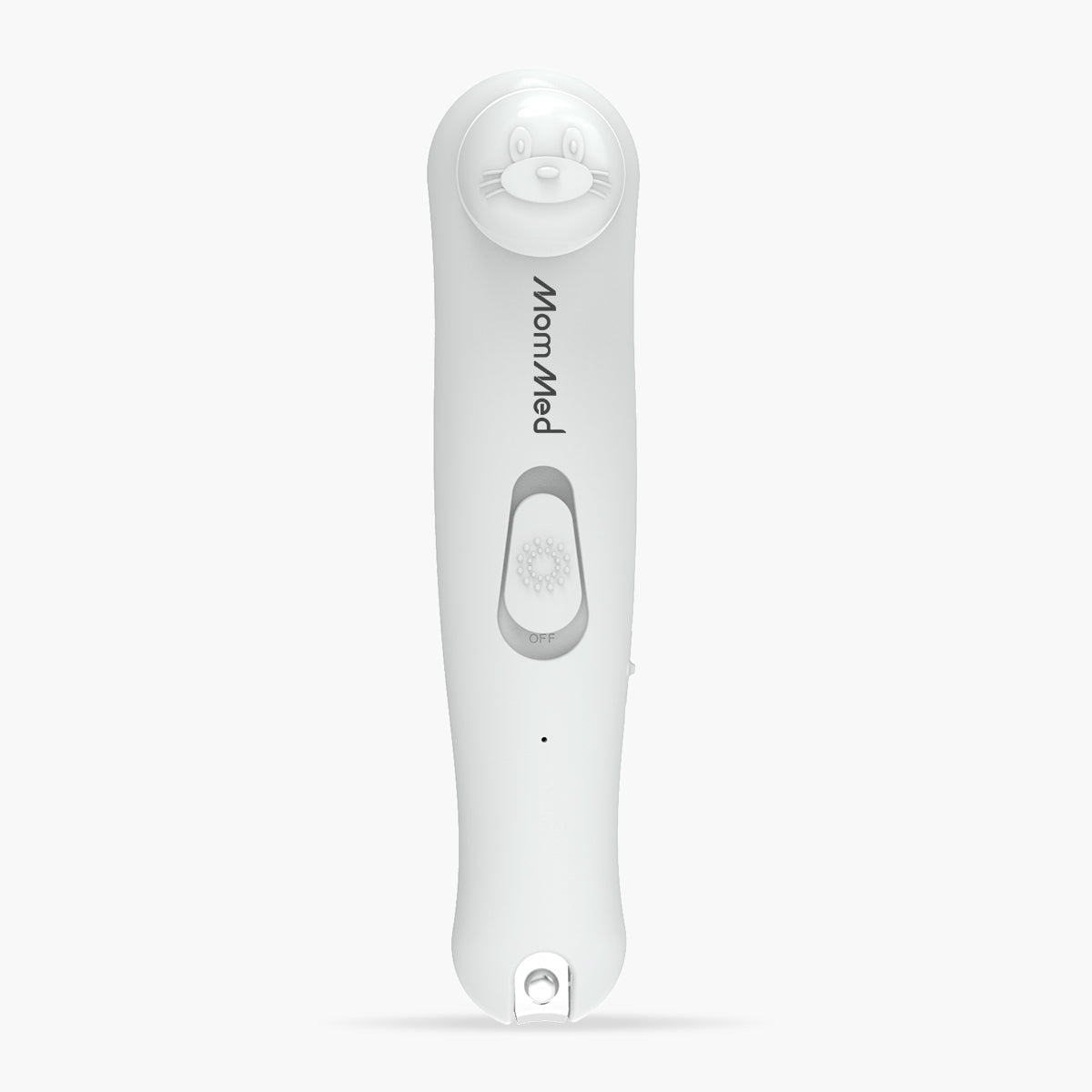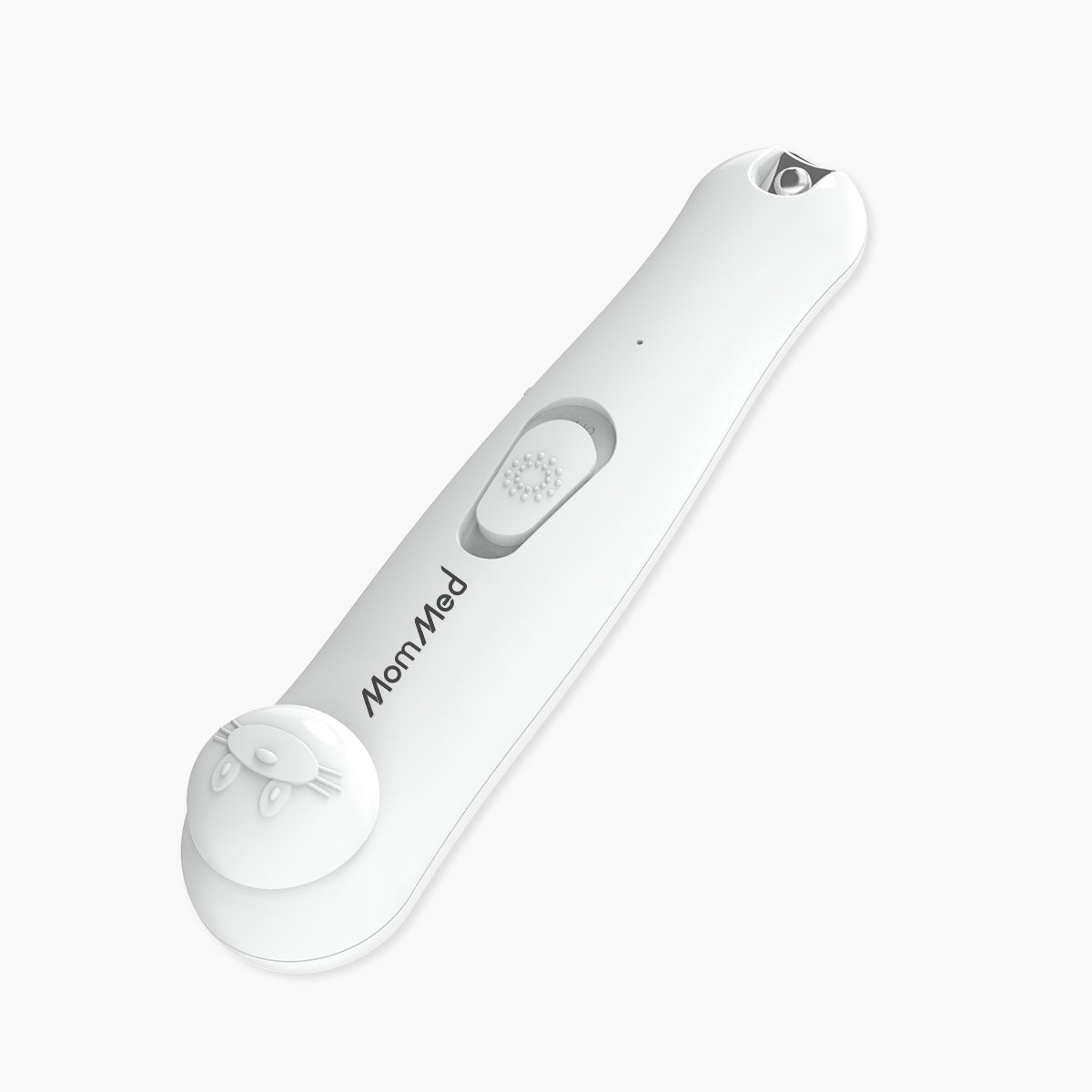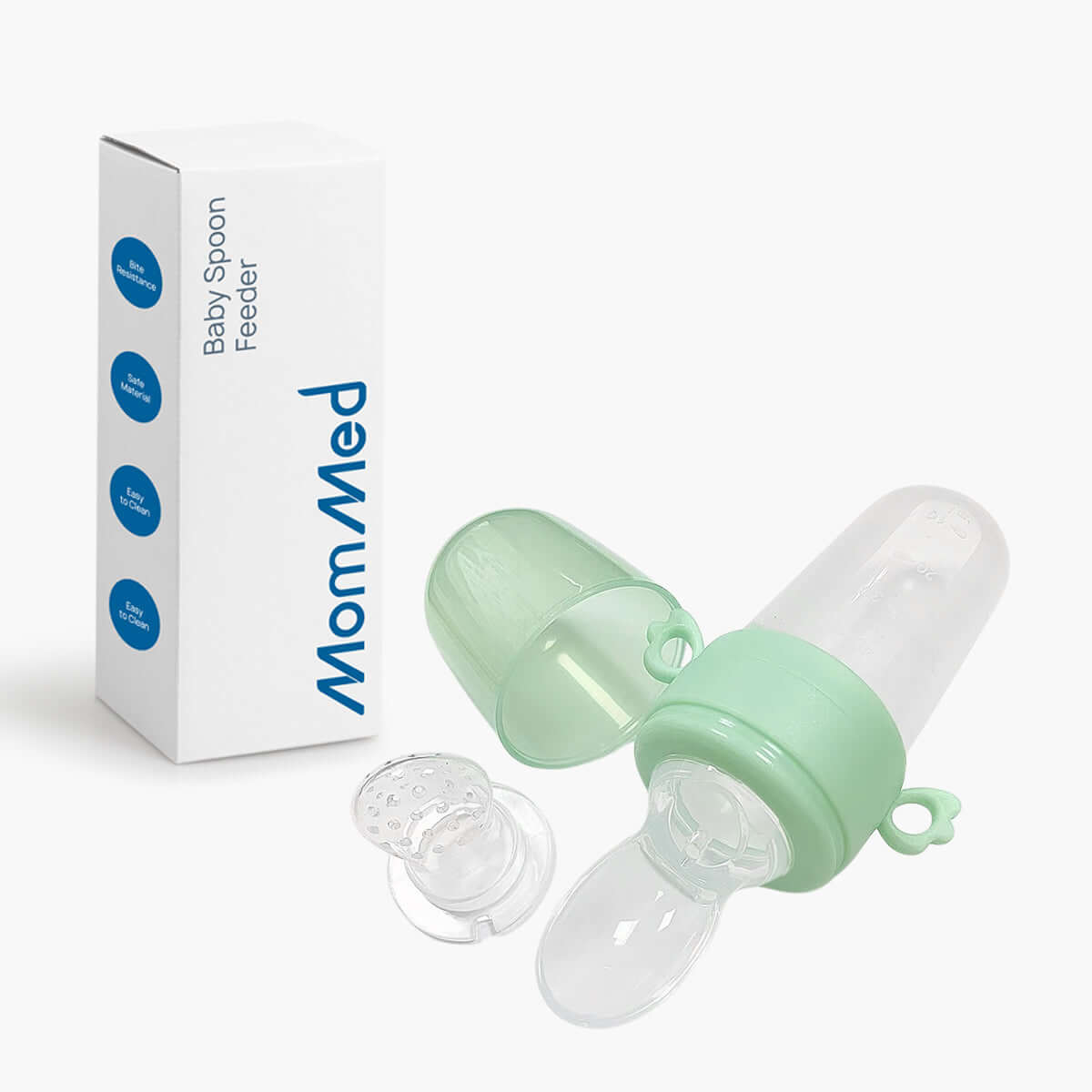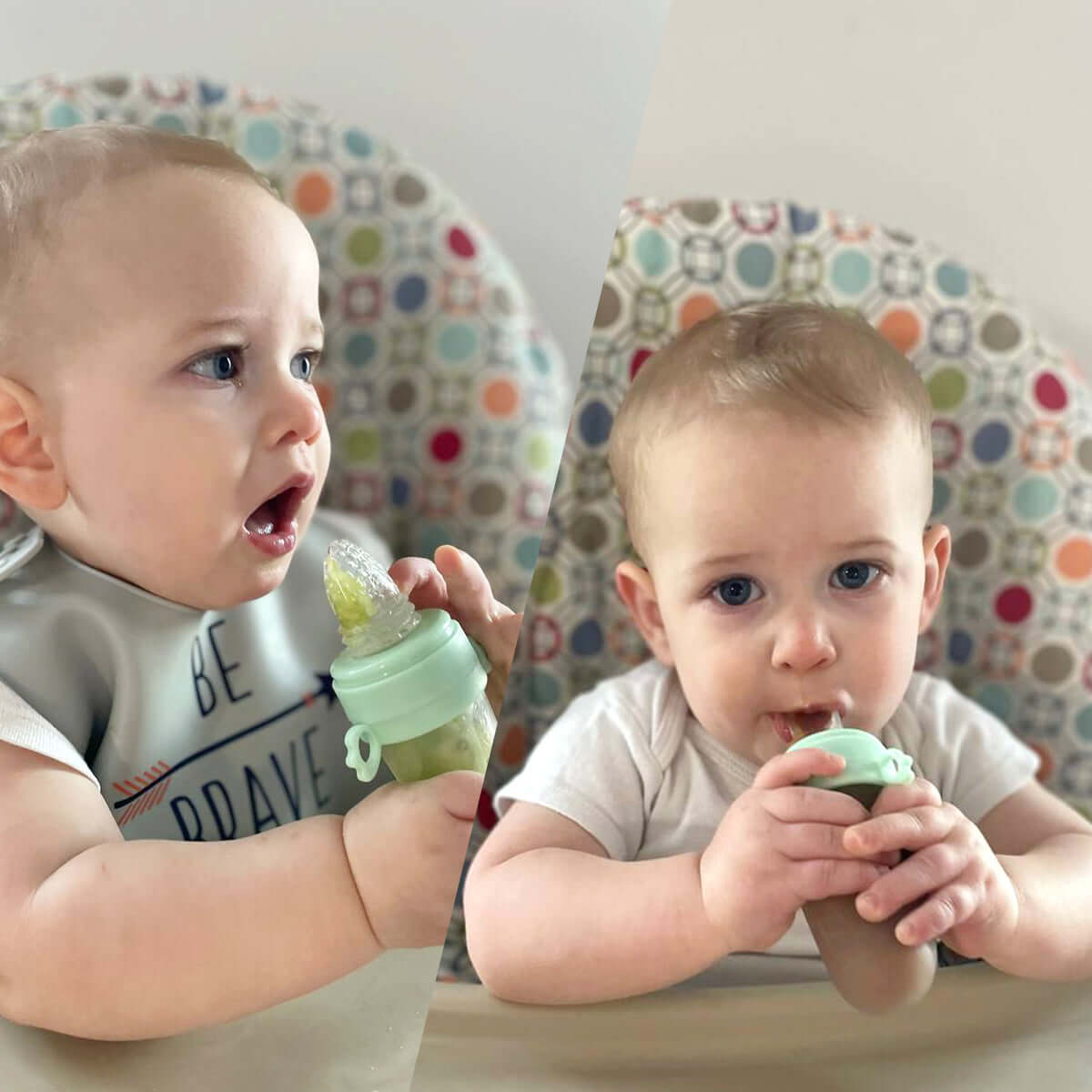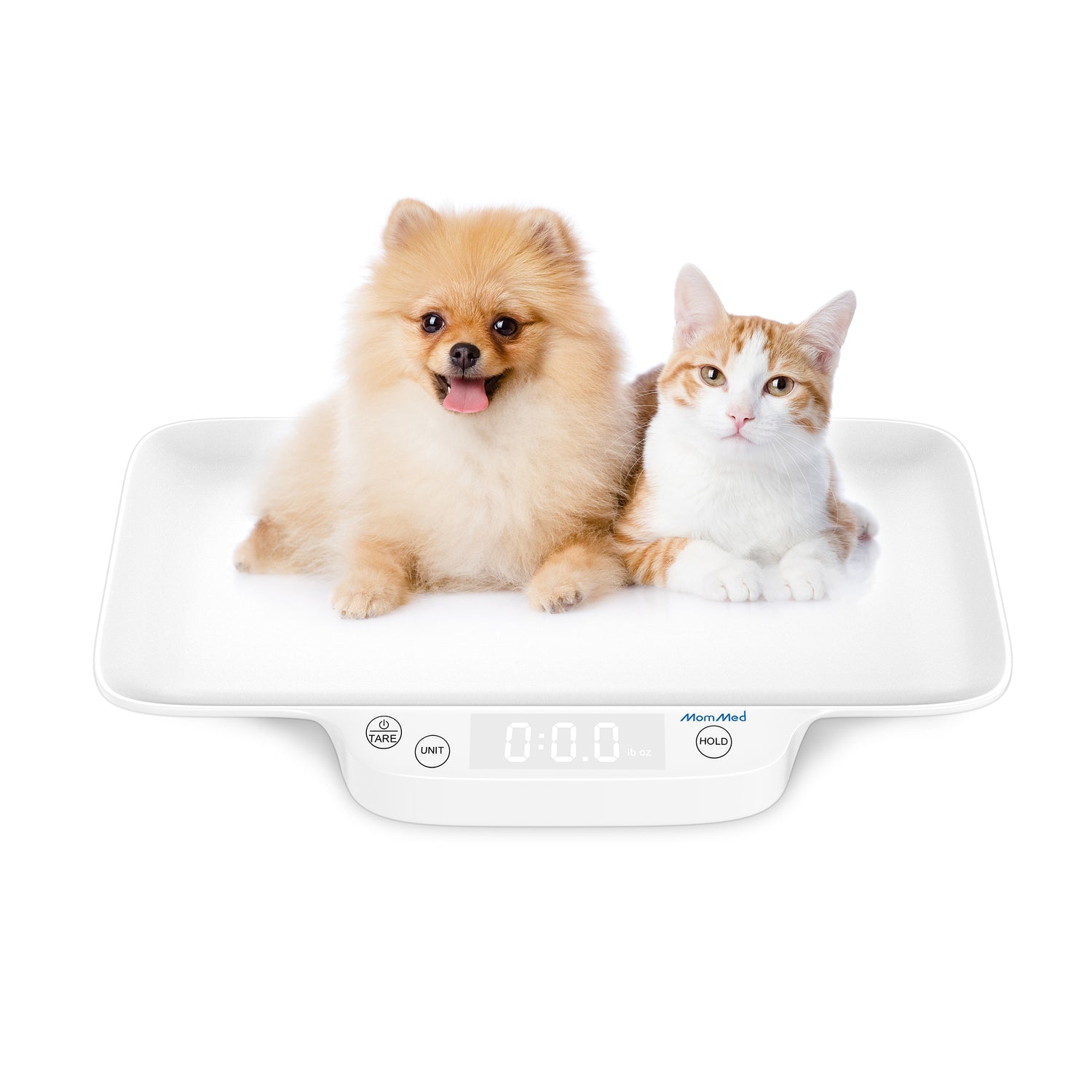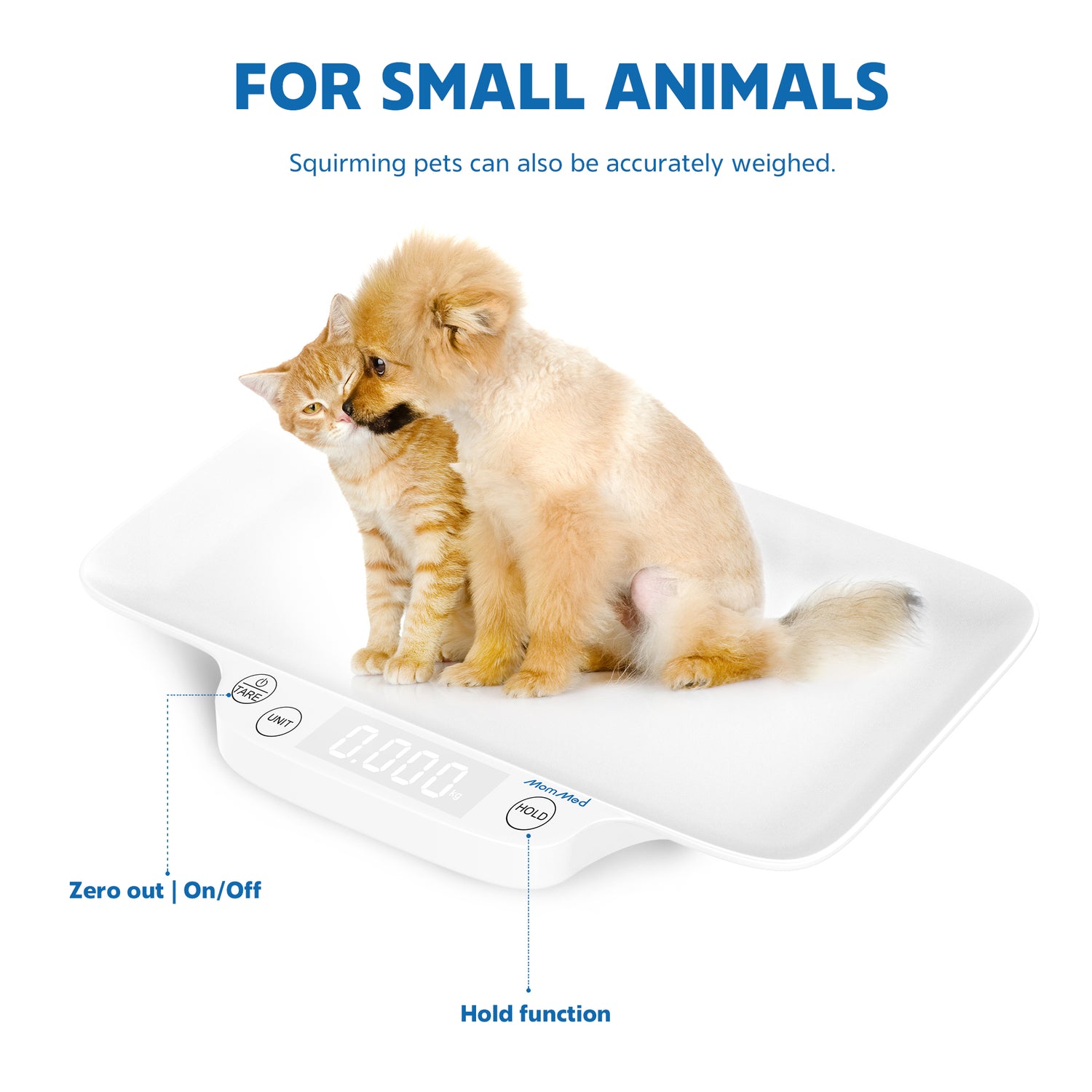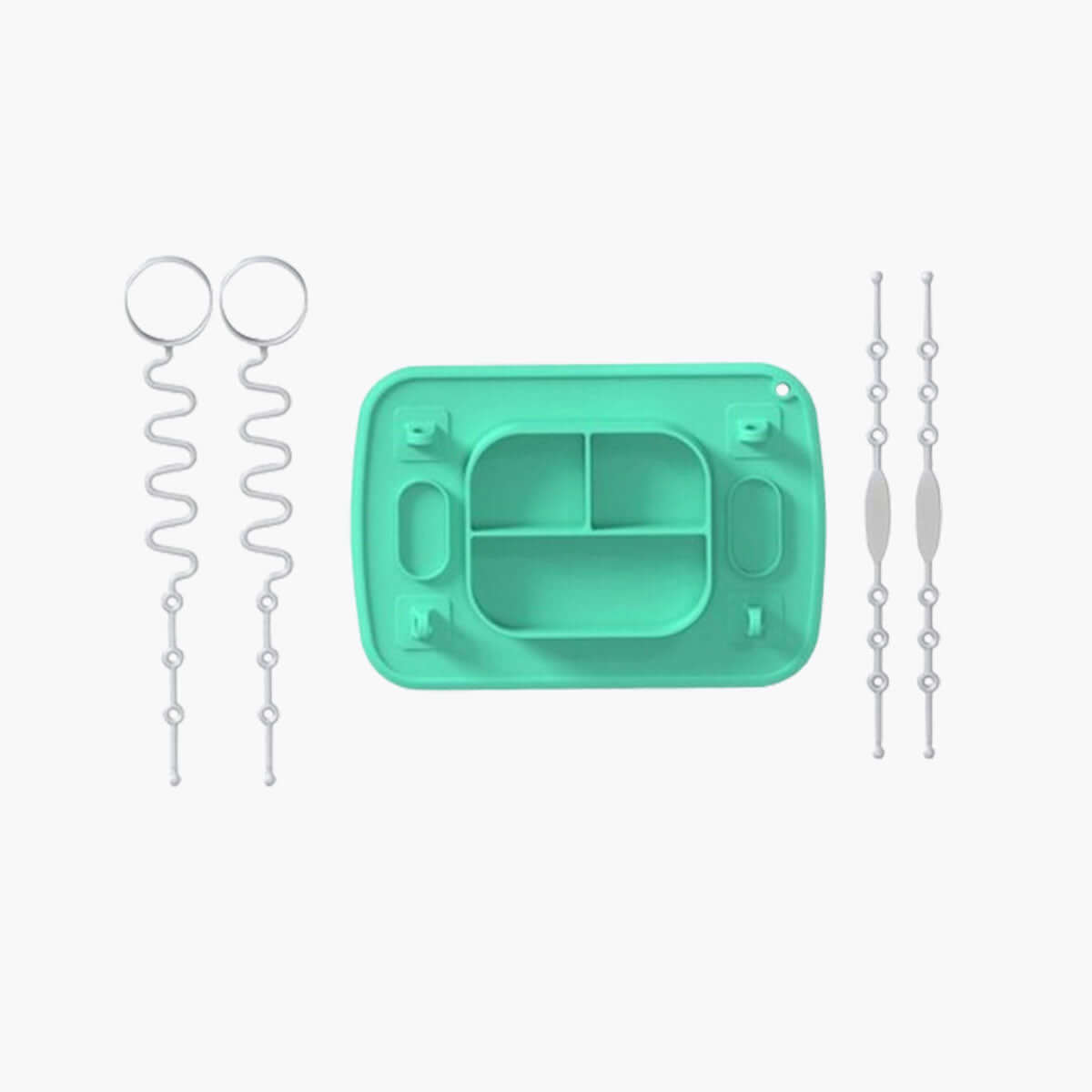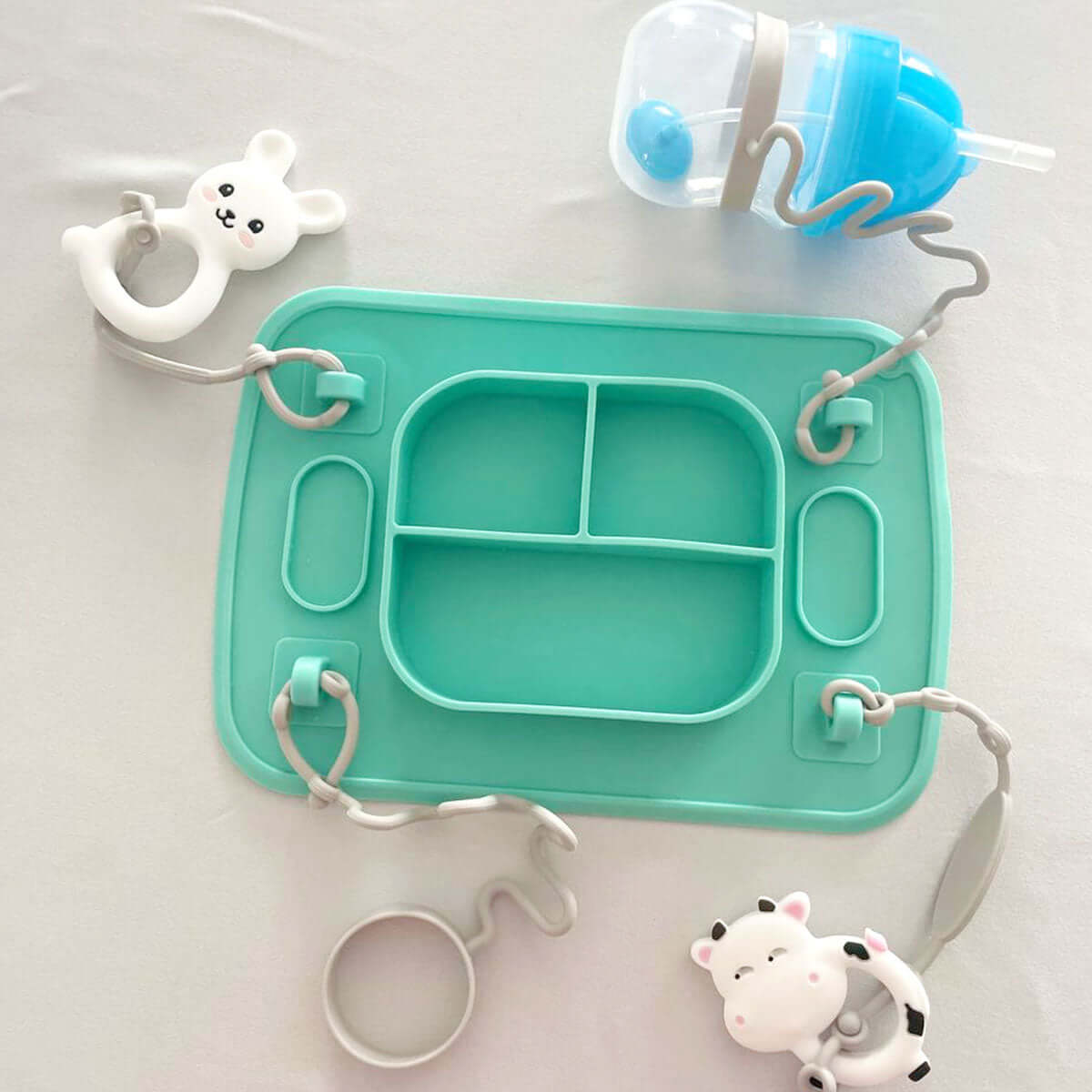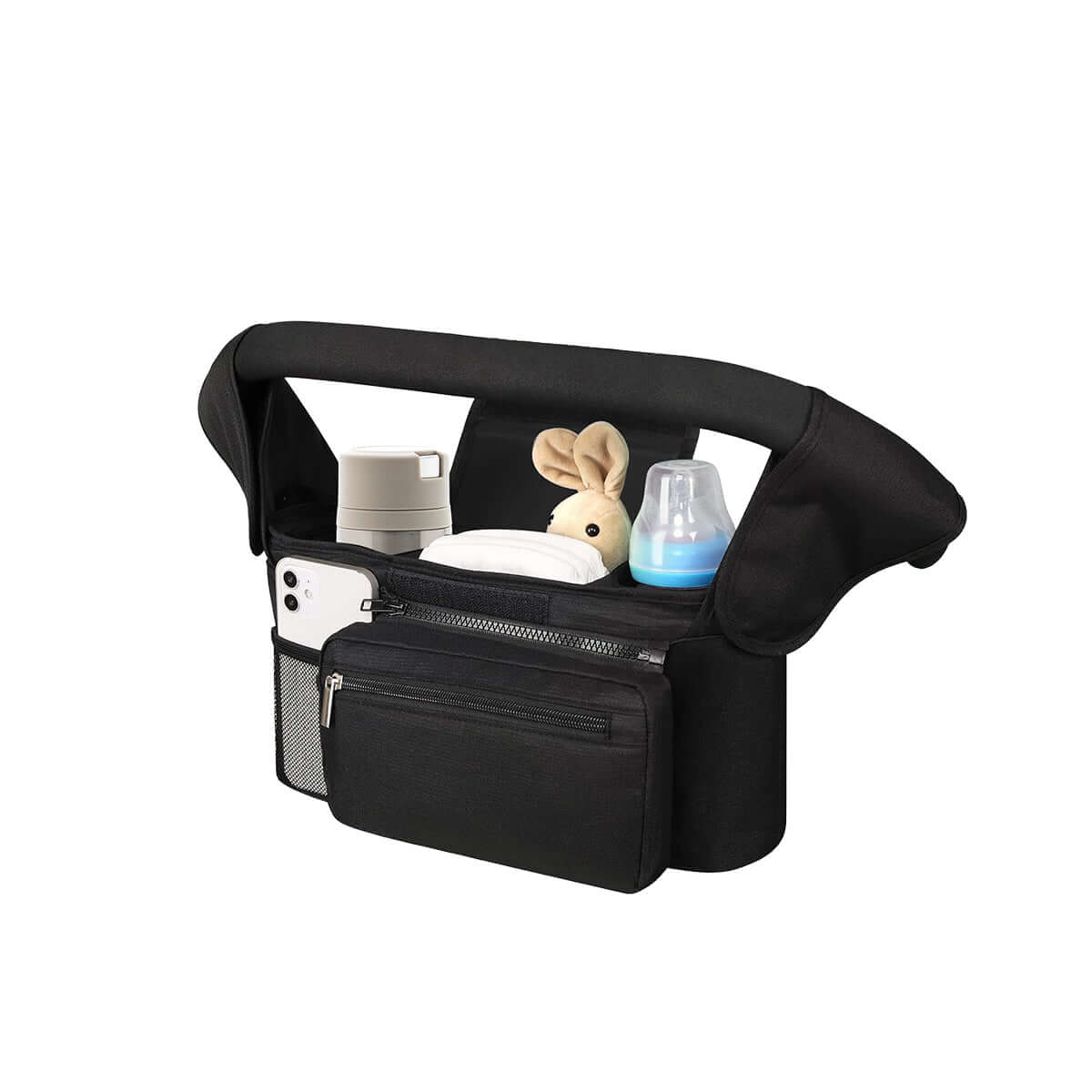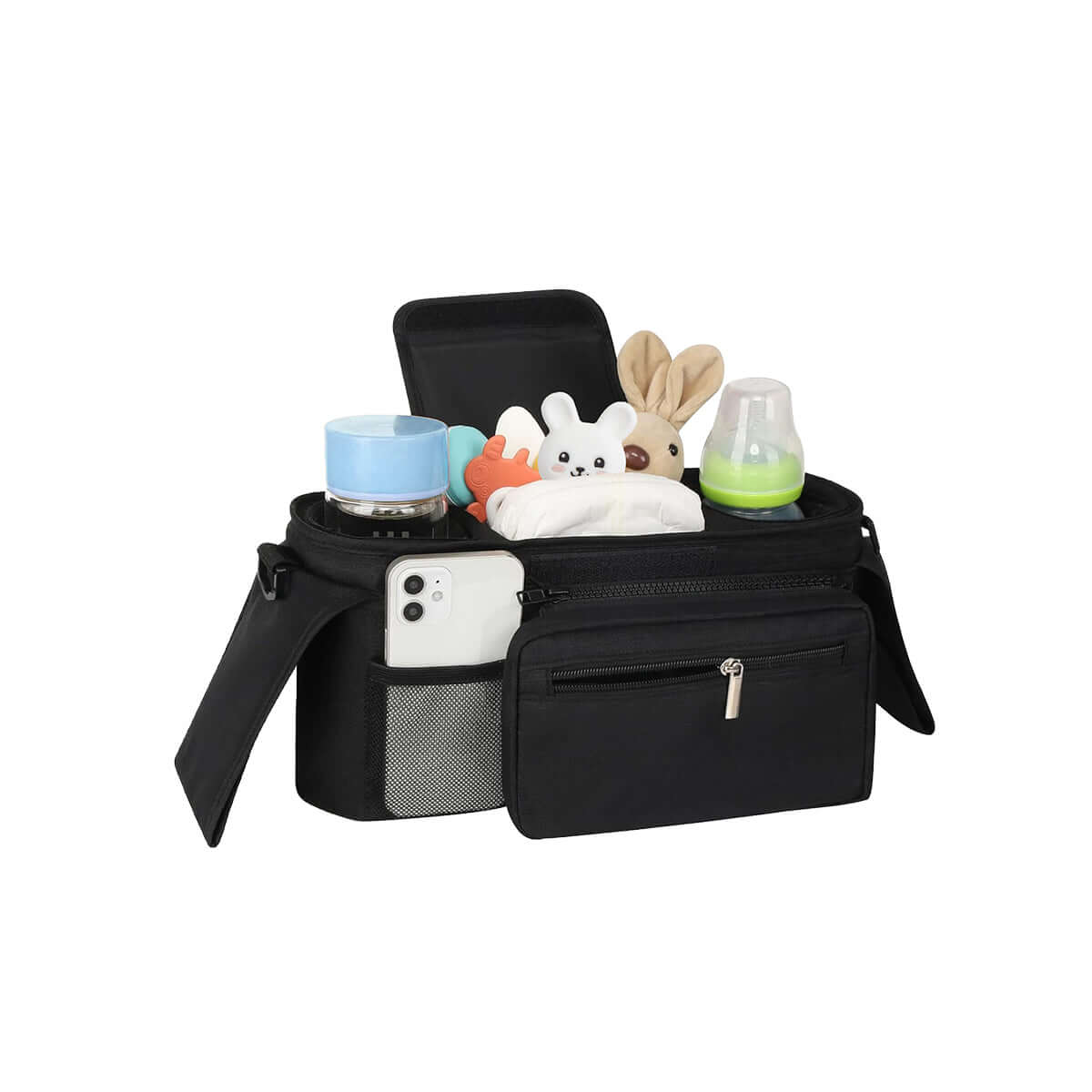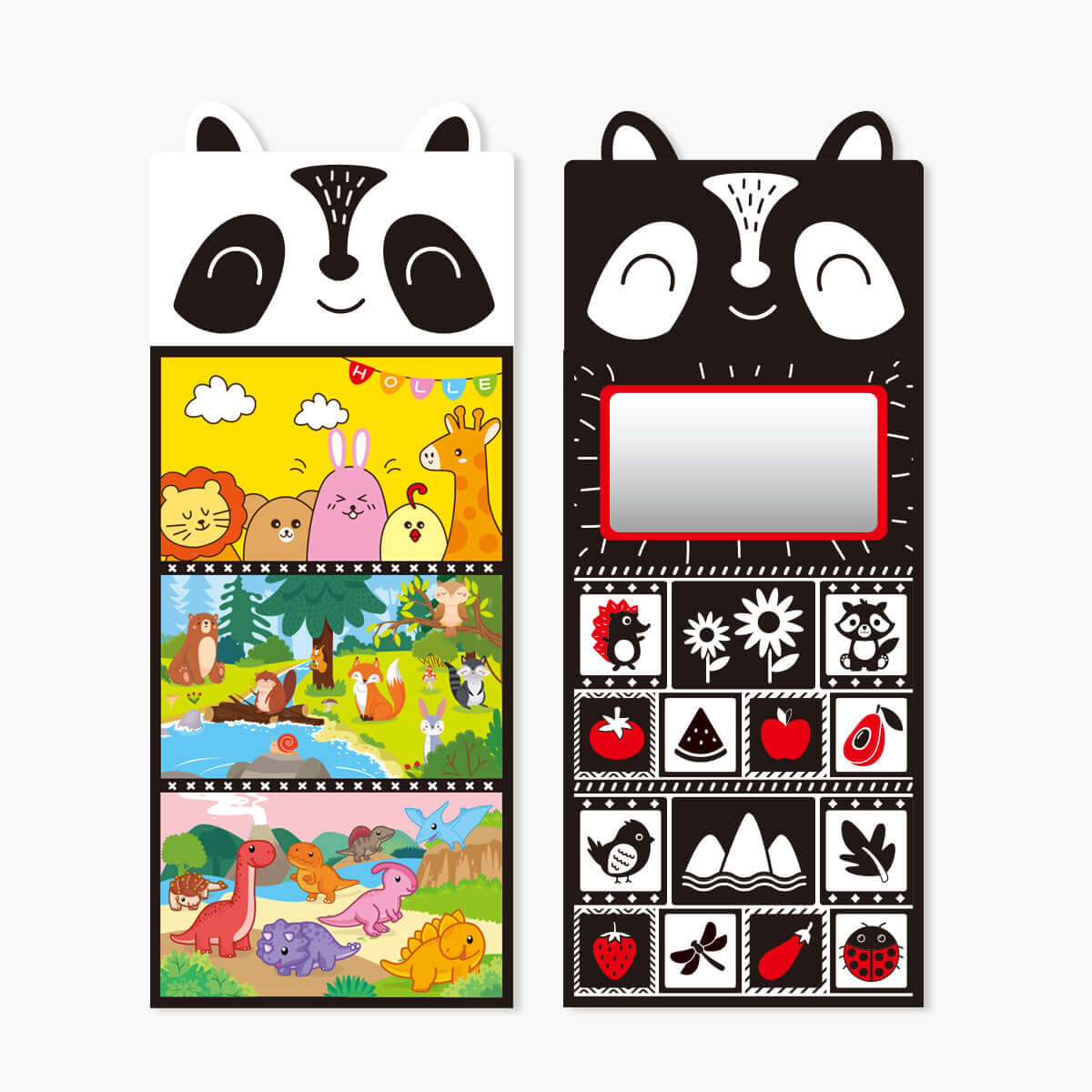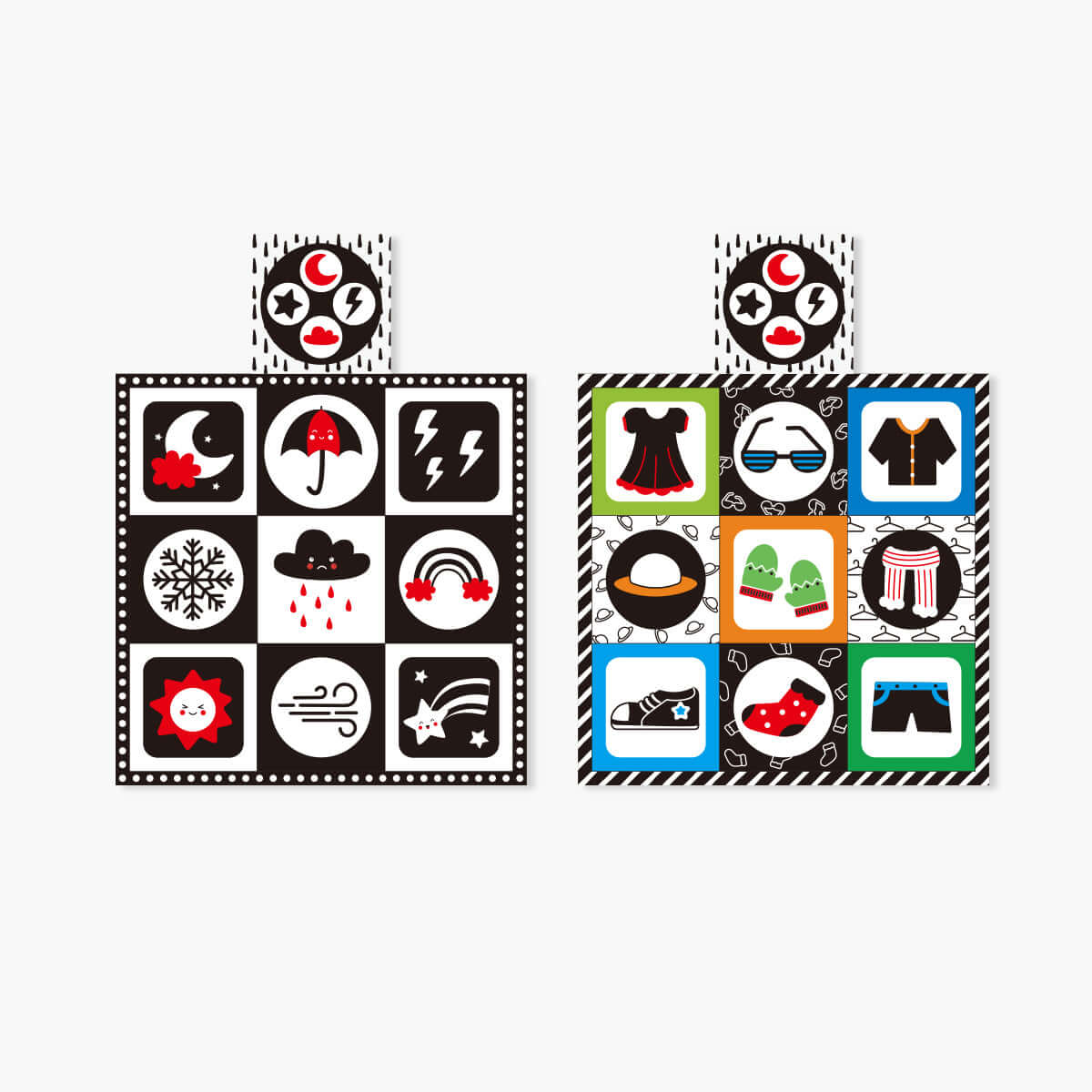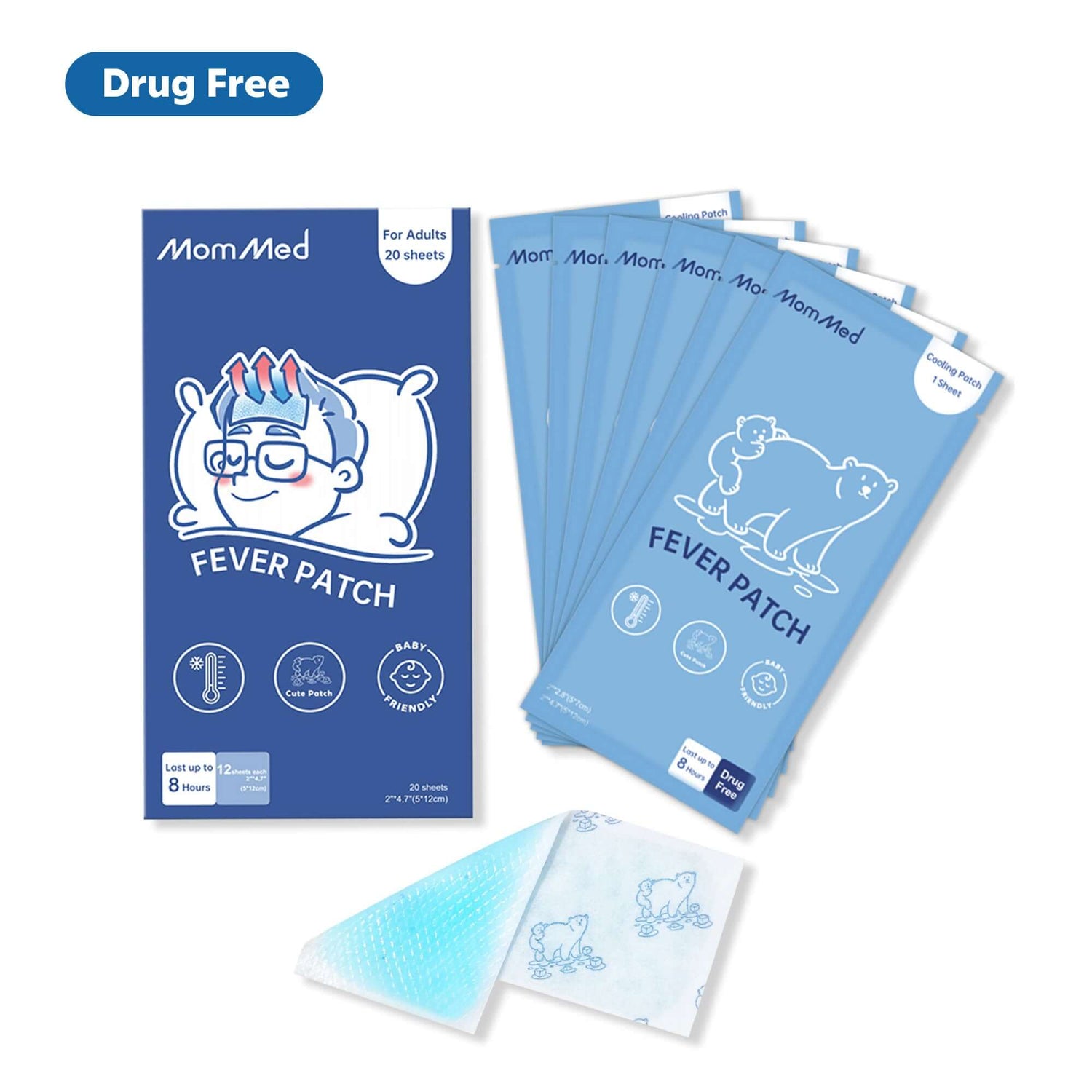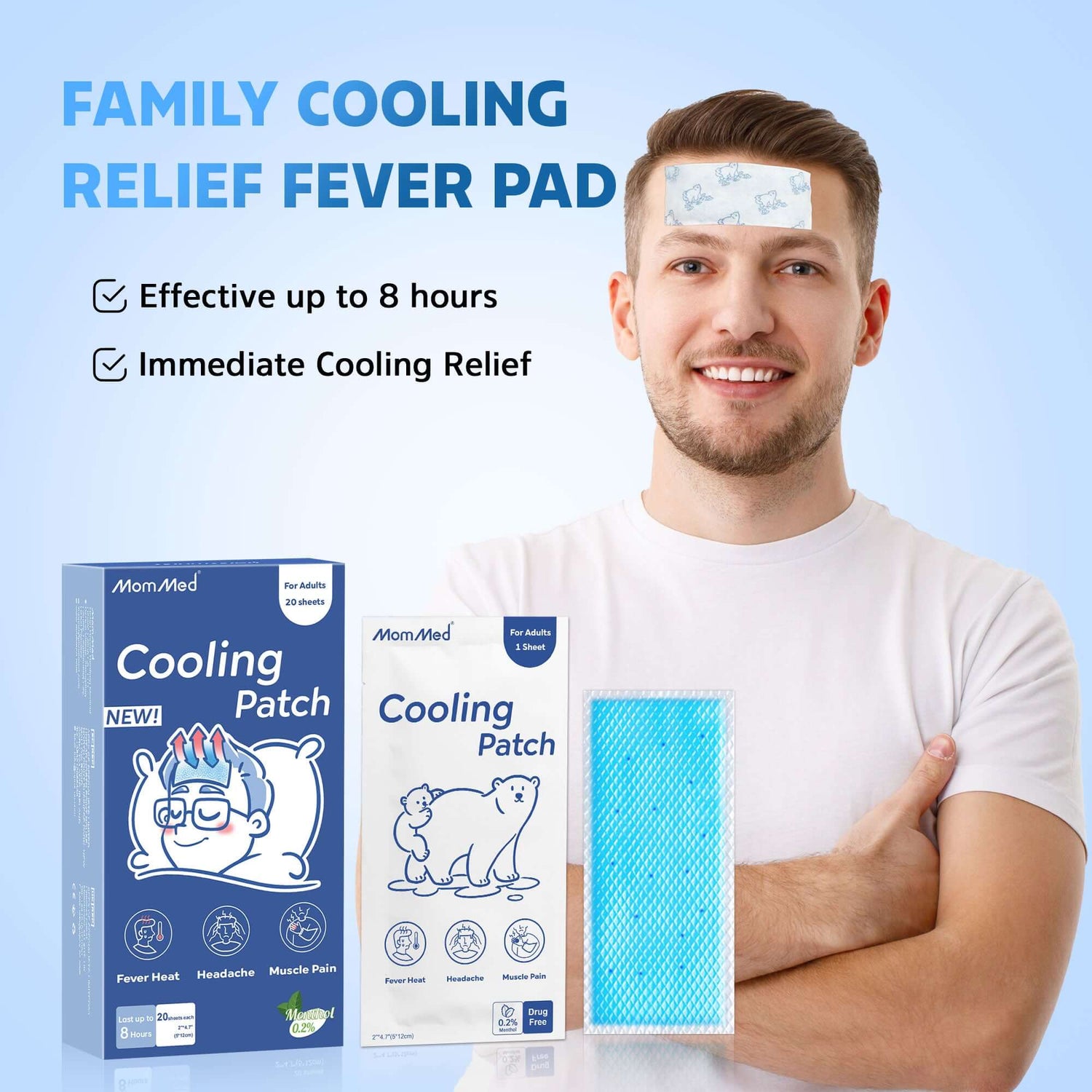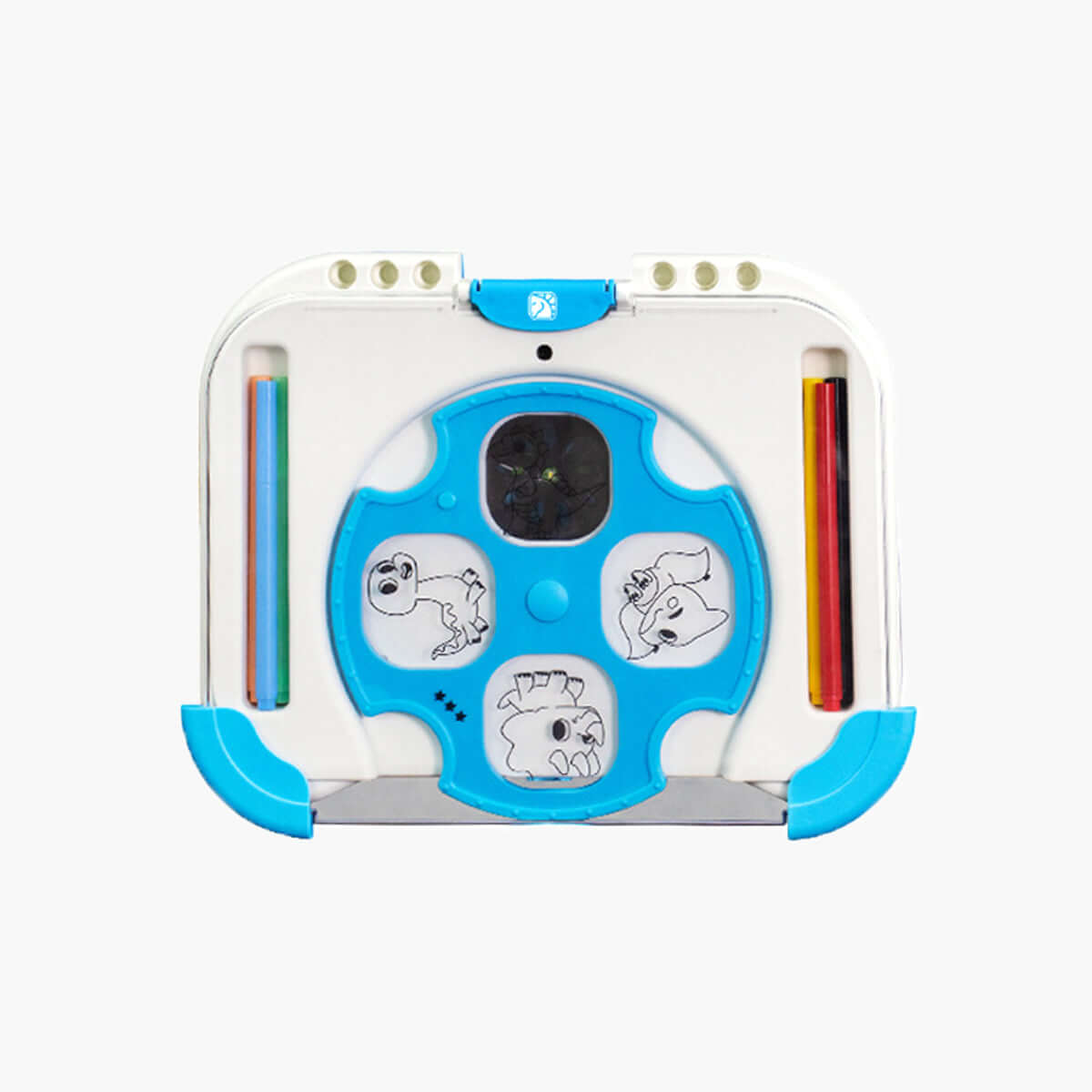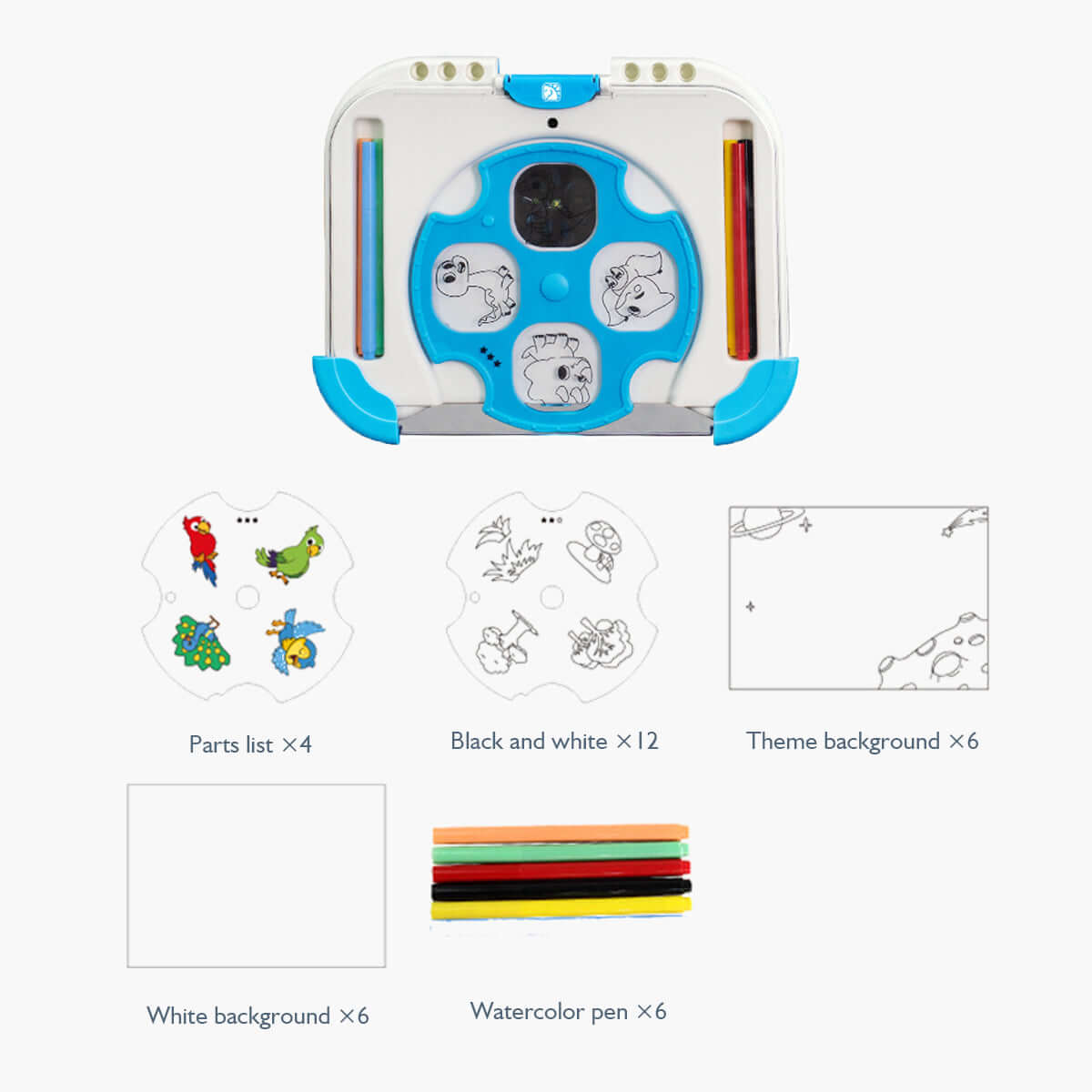Sort by:
MomMed Baby Scale
As a parent, do you want to make sure your little one is growing up healthy and strong?
The MomMed Baby Scale makes it easy to monitor your child's weight and ensure they're developing as they should. With accurate readings even when your baby is moving, thanks to the automatic and manual hold function, you can track their progress with confidence.
Plus, the sleek and modern design of the scale will look great in any nursery or bathroom. Get peace of mind and keep your baby on track with the MomMed Baby Scale.
Looking for the ultimate tool to keep your furry friend healthy and thriving?
Meet the MomMed Digital Pet Scale! With a weight capacity of 33 pounds, never miss a beat in your pet's growth journey with the accurate and user-friendly MomMed Digital Pet Scale, keep your pet in tip-top shape with this reliable tool designed for their well-being.
The hold function, tare function, and blue backlight make it easy to use, while the included tray is perfect for smaller pets. And with weight and height tracking, you'll always know how your pet is progressing.
So why wait? Give your pet the best possible care and invest in the MomMed Digital Pet Scale today!




